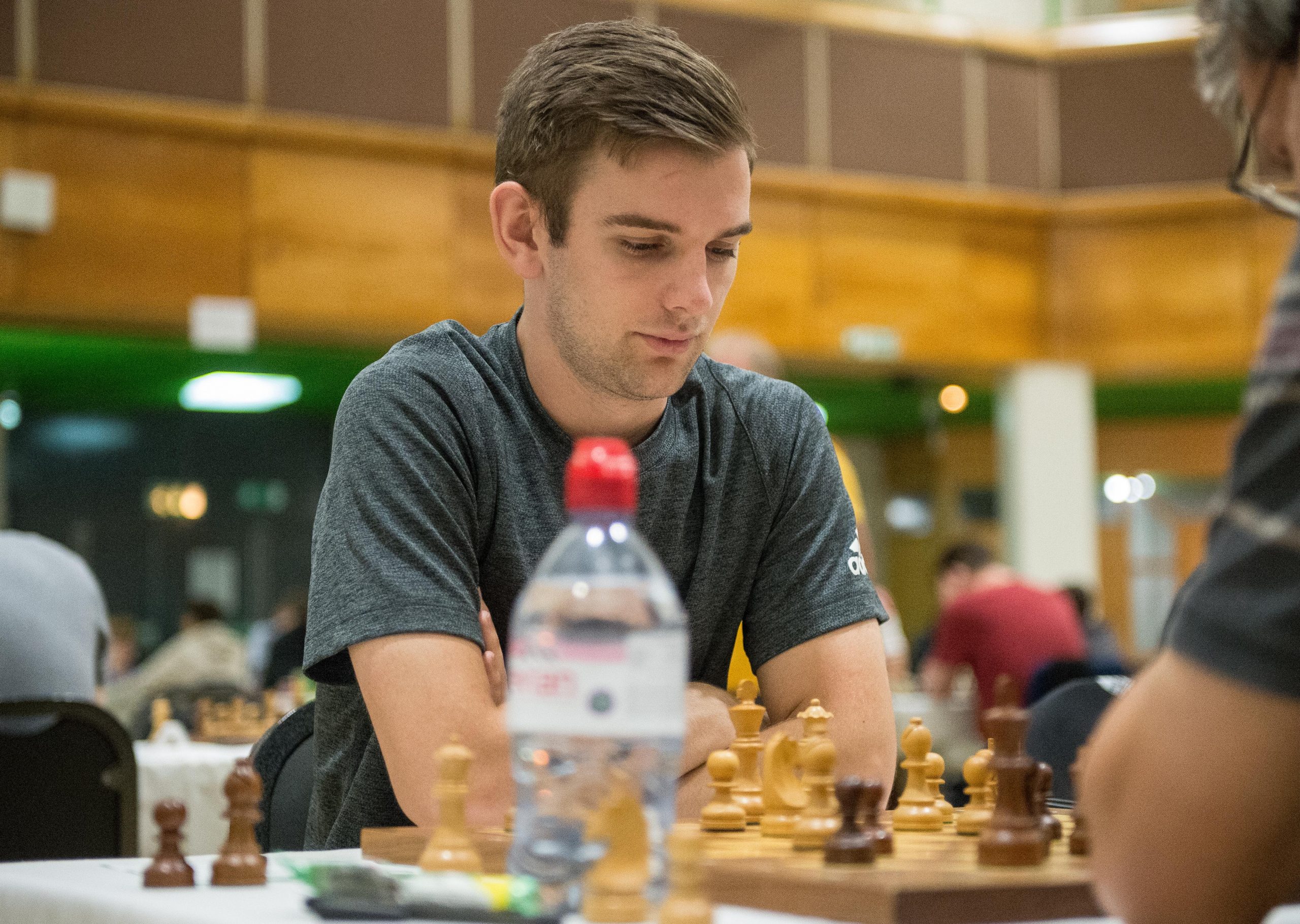We send birthday wishes to IM George Steven Botterill born on this day (January 8th) in 1949.
Here is his Wikipedia page
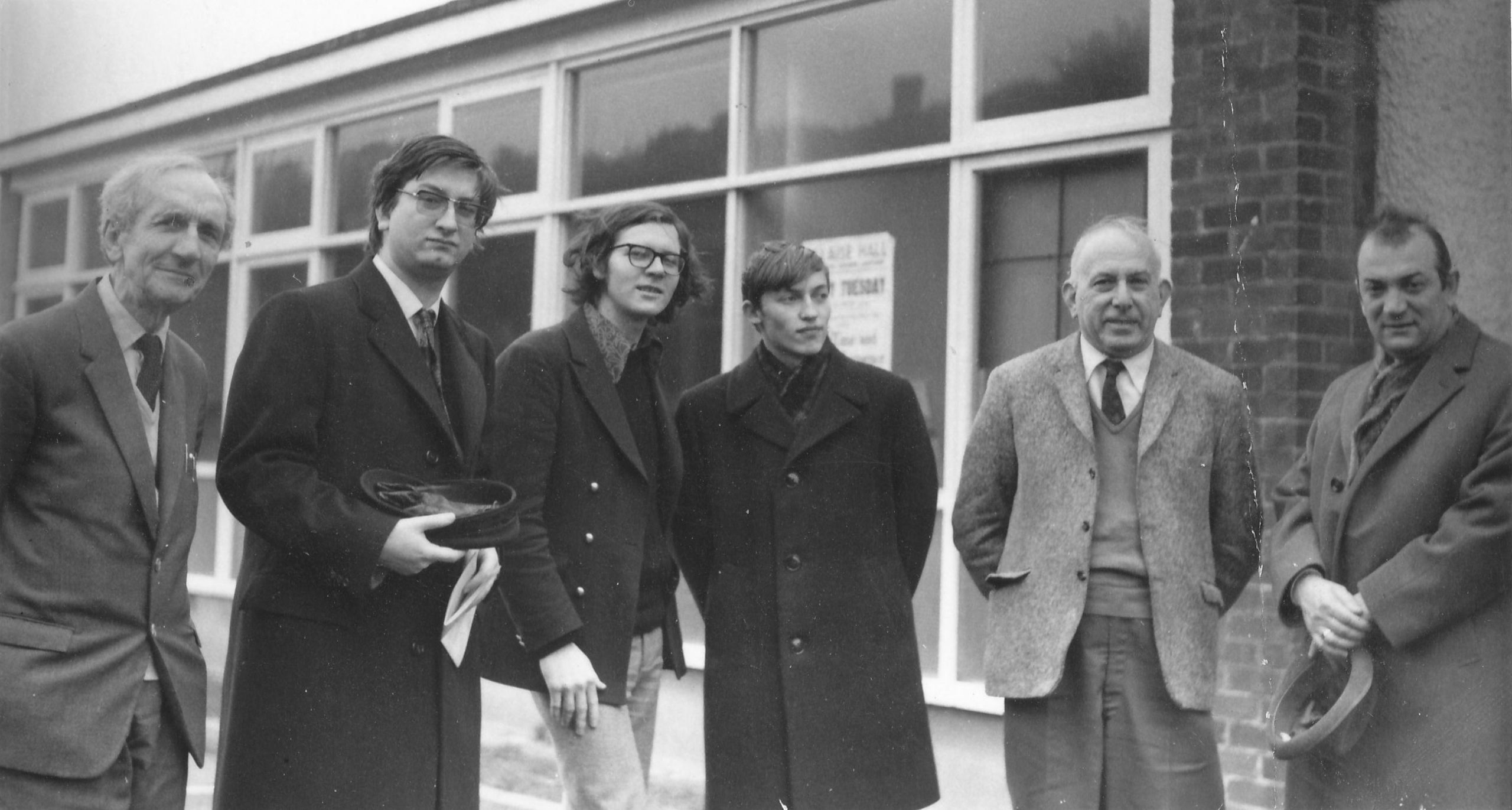
and here is his academic page
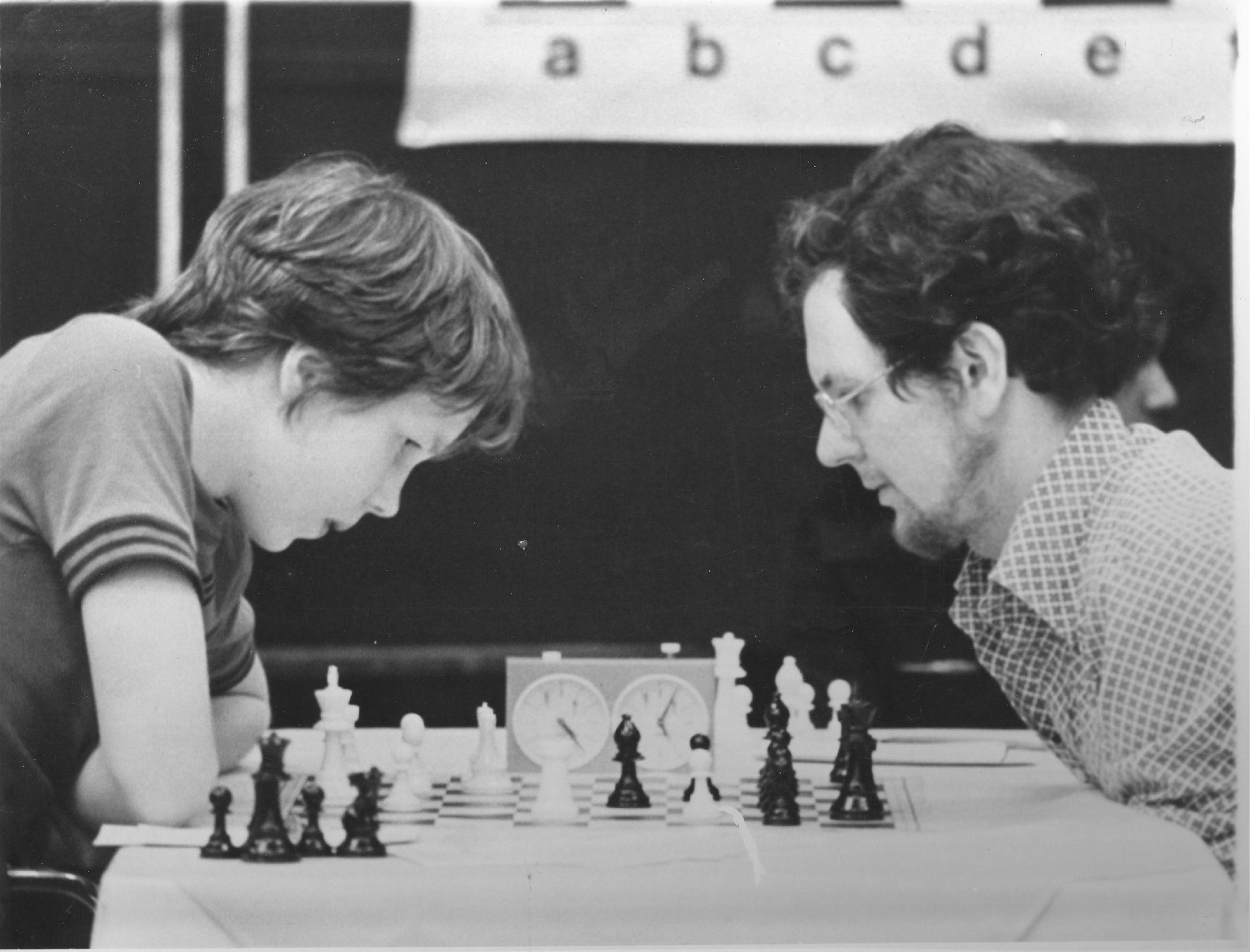
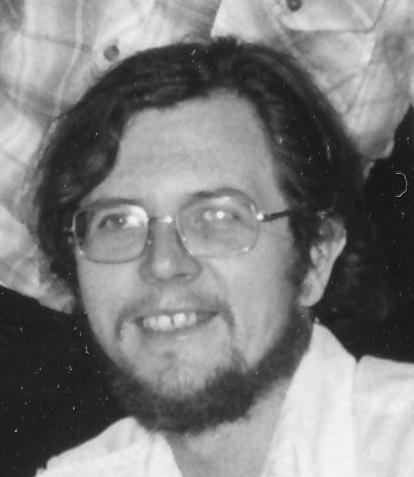
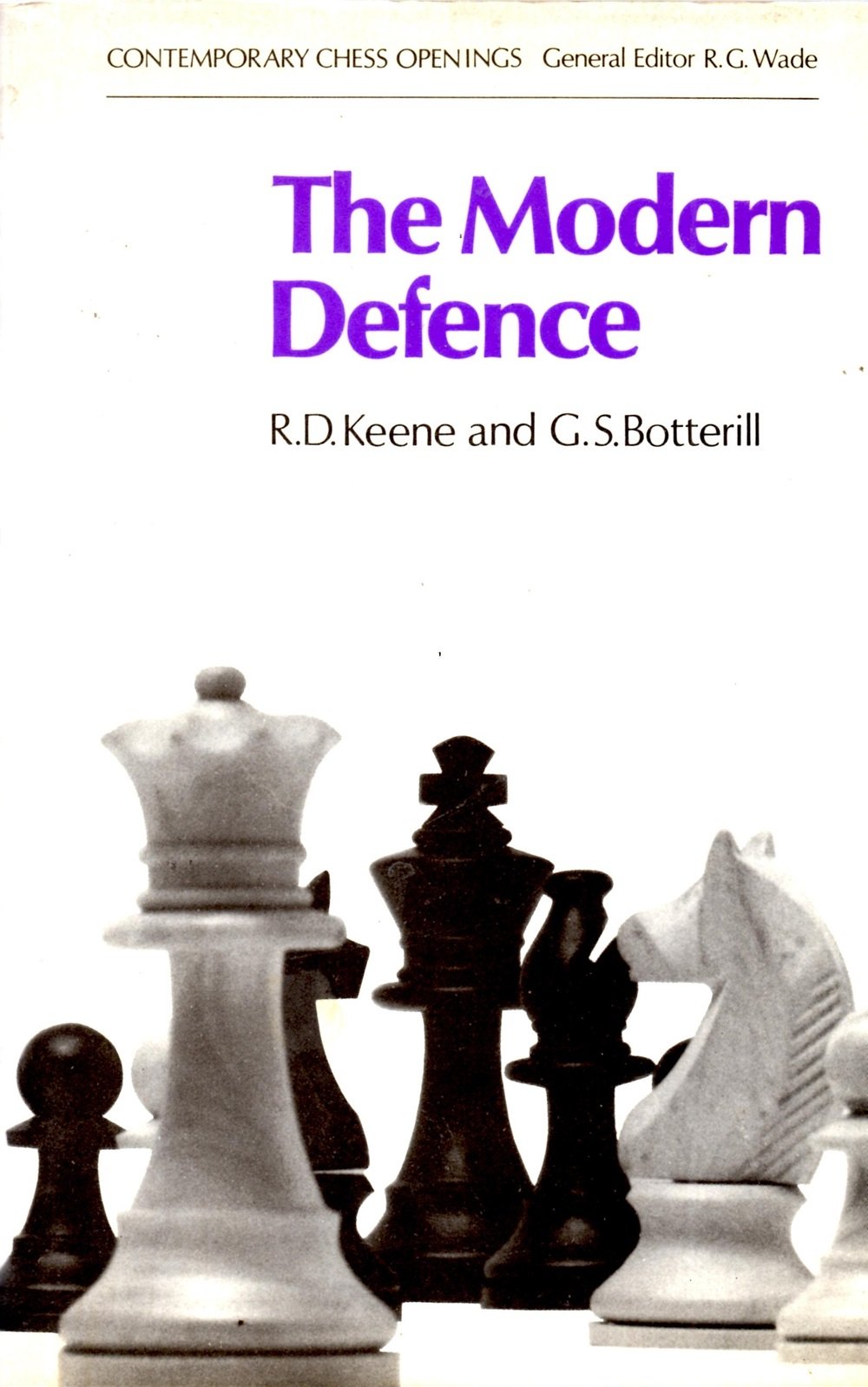
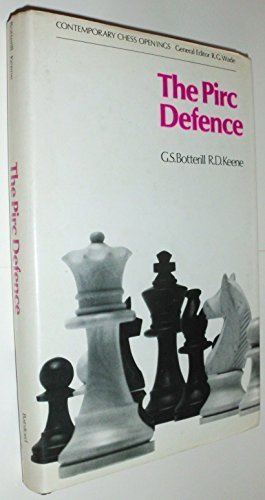
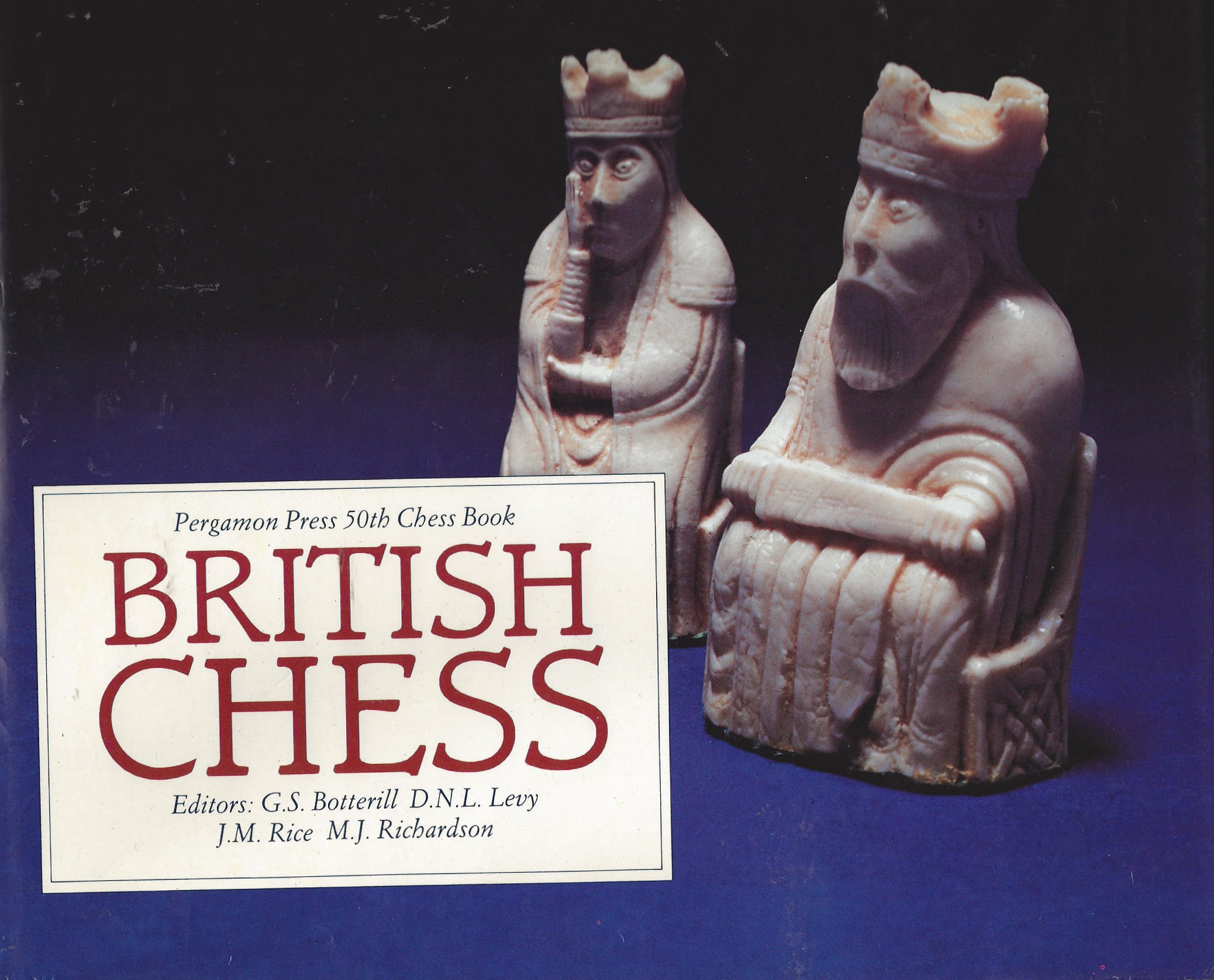
We send birthday wishes to IM George Steven Botterill born on this day (January 8th) in 1949.
Here is his Wikipedia page

and here is his academic page





We send birthday wishes to GM Keith Arkell, born this day (January 8th) in 1961.
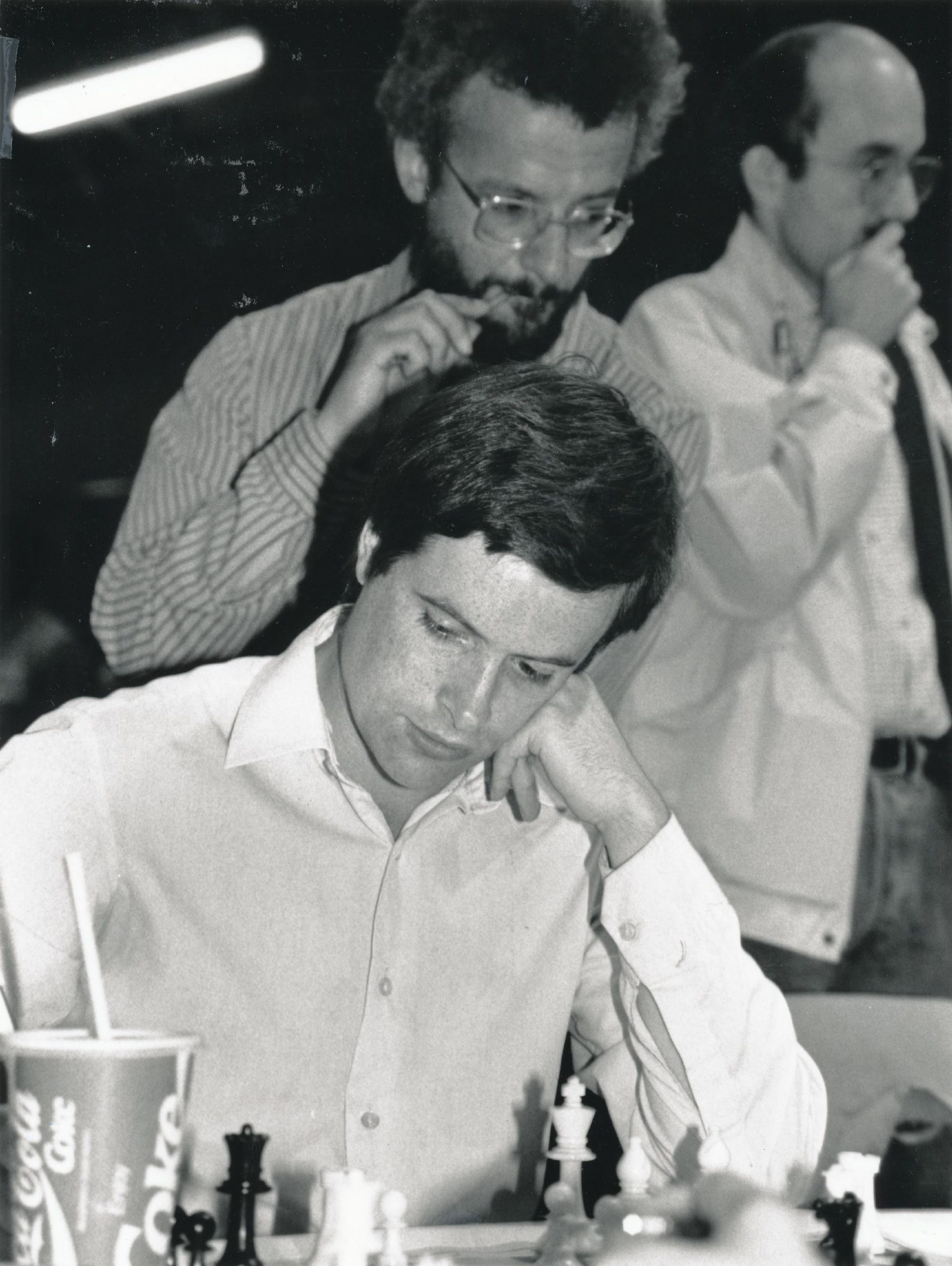
Here is Keith’s Wikipedia entry
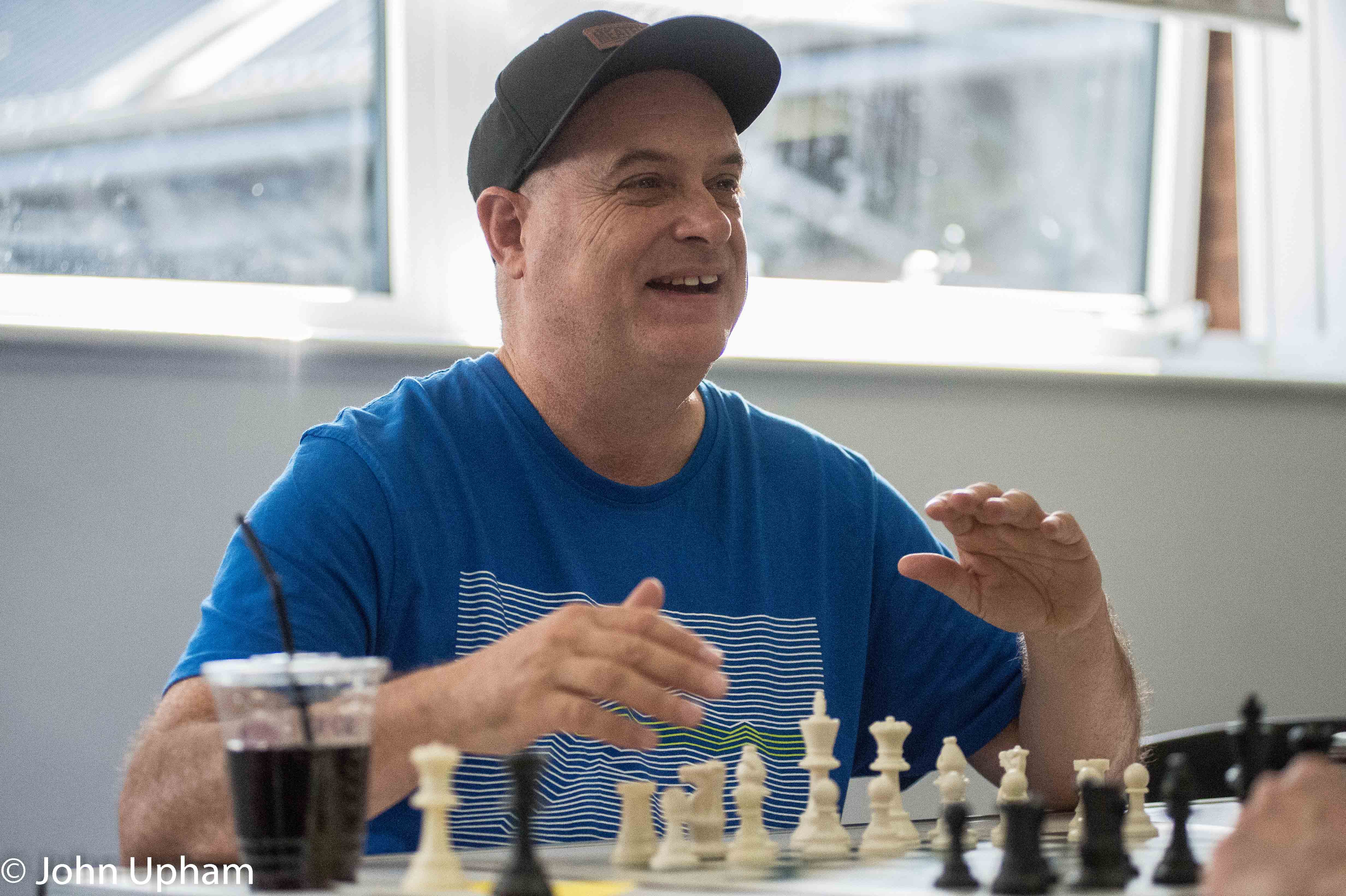
This was written about Keith aged 18 prior to the 1979 Spassky vs the BCF Junior Squad simultaneous display :
“Rednal, Birmingham. Rating 188. 2nd Lloyds Bank junior international, 1979.”
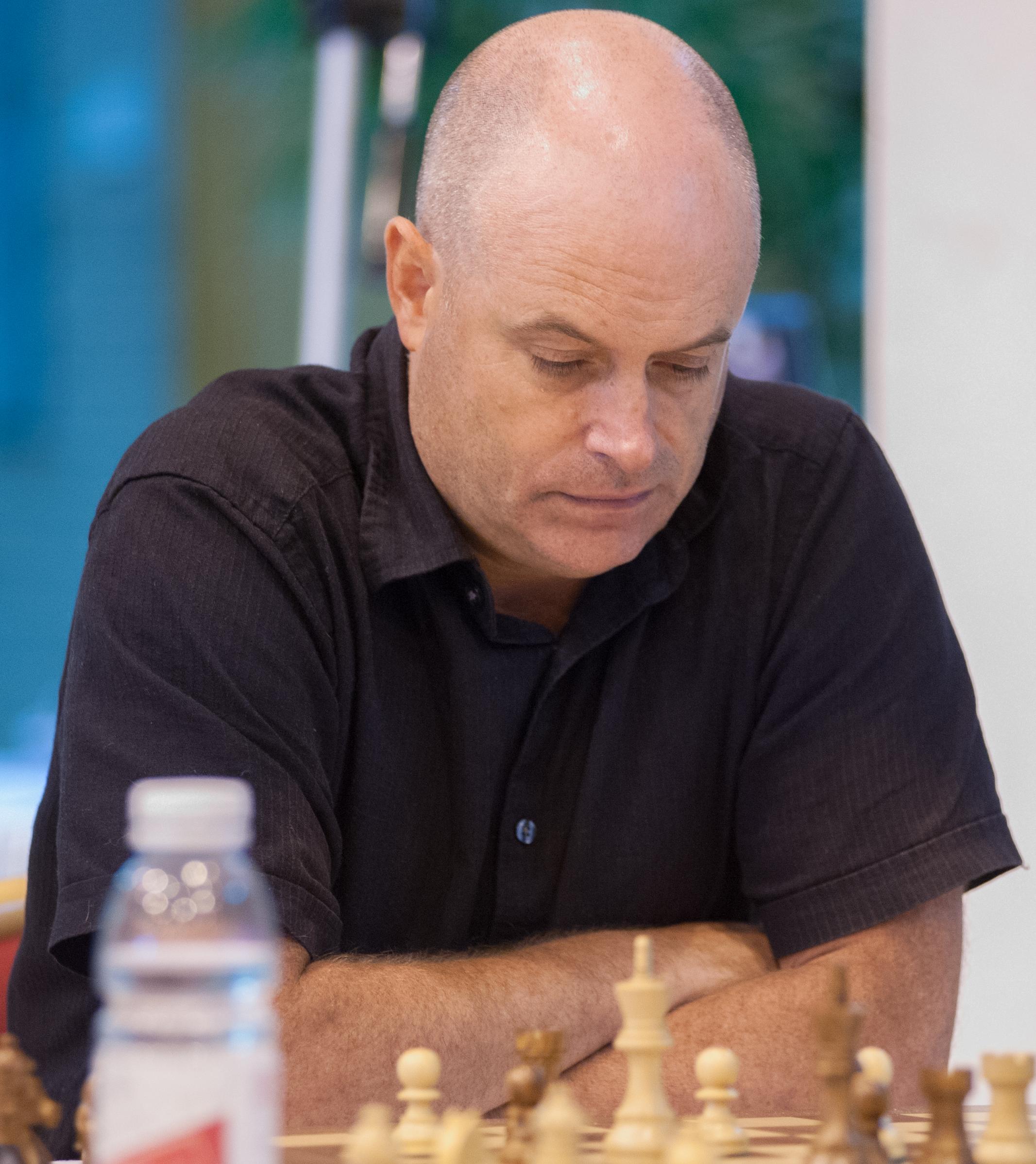
Keith was Southern Counties (SCCU) champion for the 2014-15 season sharing with Jonathan Hawkins
Keith finally secured the Grandmaster title in 1995 as a result of the final leg of the French League Championship. Keith gained the IM title in 1985 and then made his three norms at Ostend 1990, Parthenay in France in 1993, and in the French League finishing in March. He became England’s 26th holder of the GM title.
On August 8th 2021 Keith became the 2nd British Online Champion
Here is an interview with ChessBase from 2016.
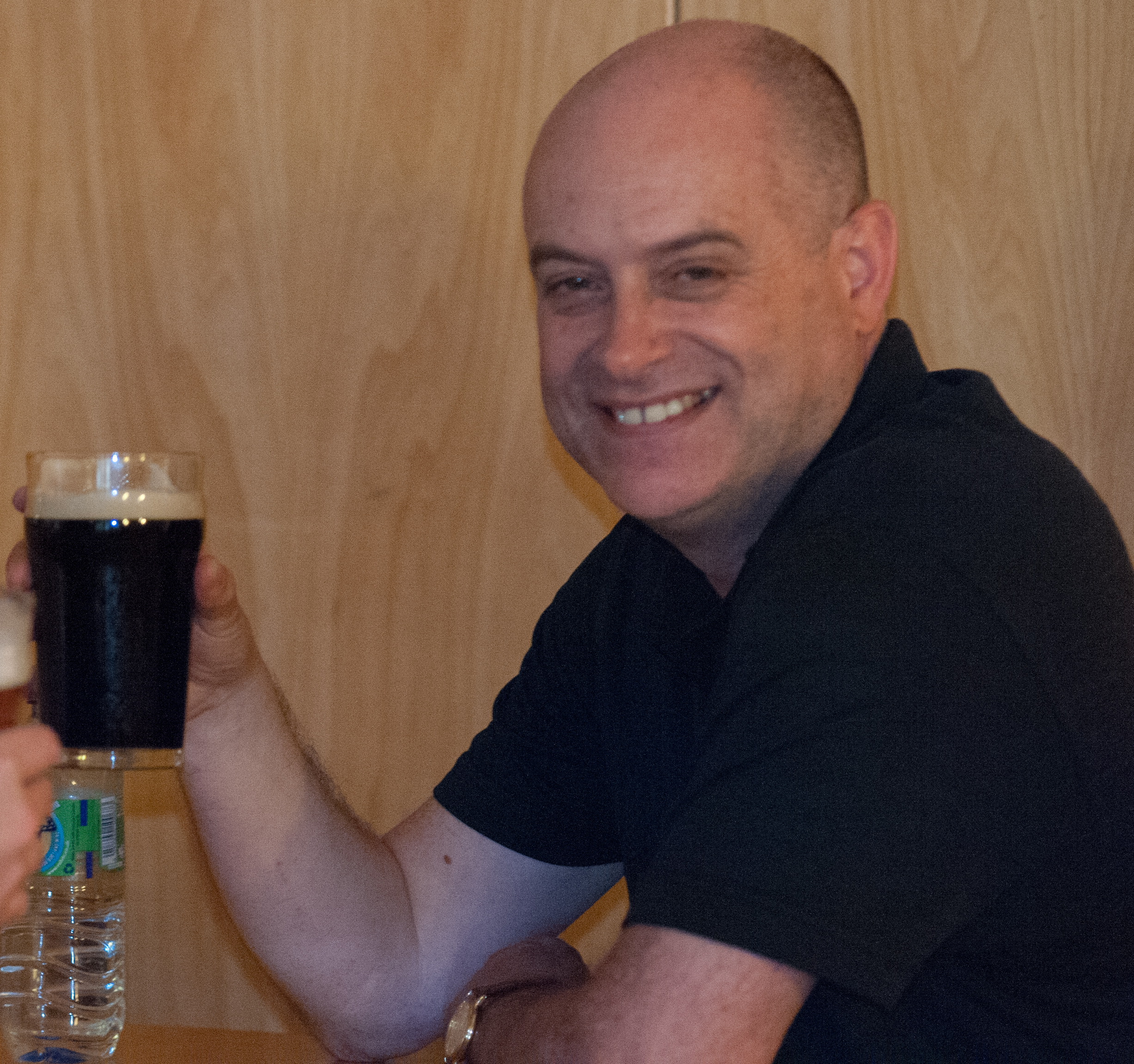
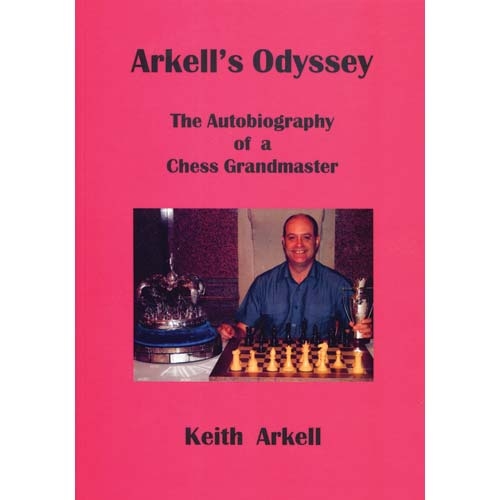
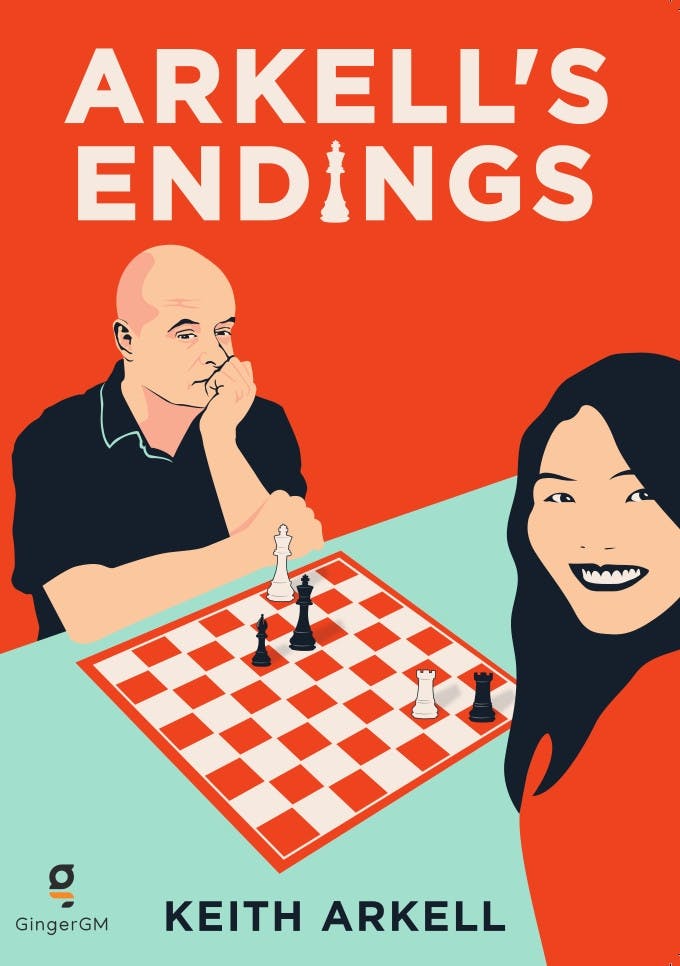
BCN has reviewed Arkell’s Endings in depth
We send best wishes to GM Luke James McShane on his birthday, this day (January 7th) in 1984.
Here is Luke’s Wikipedia entry
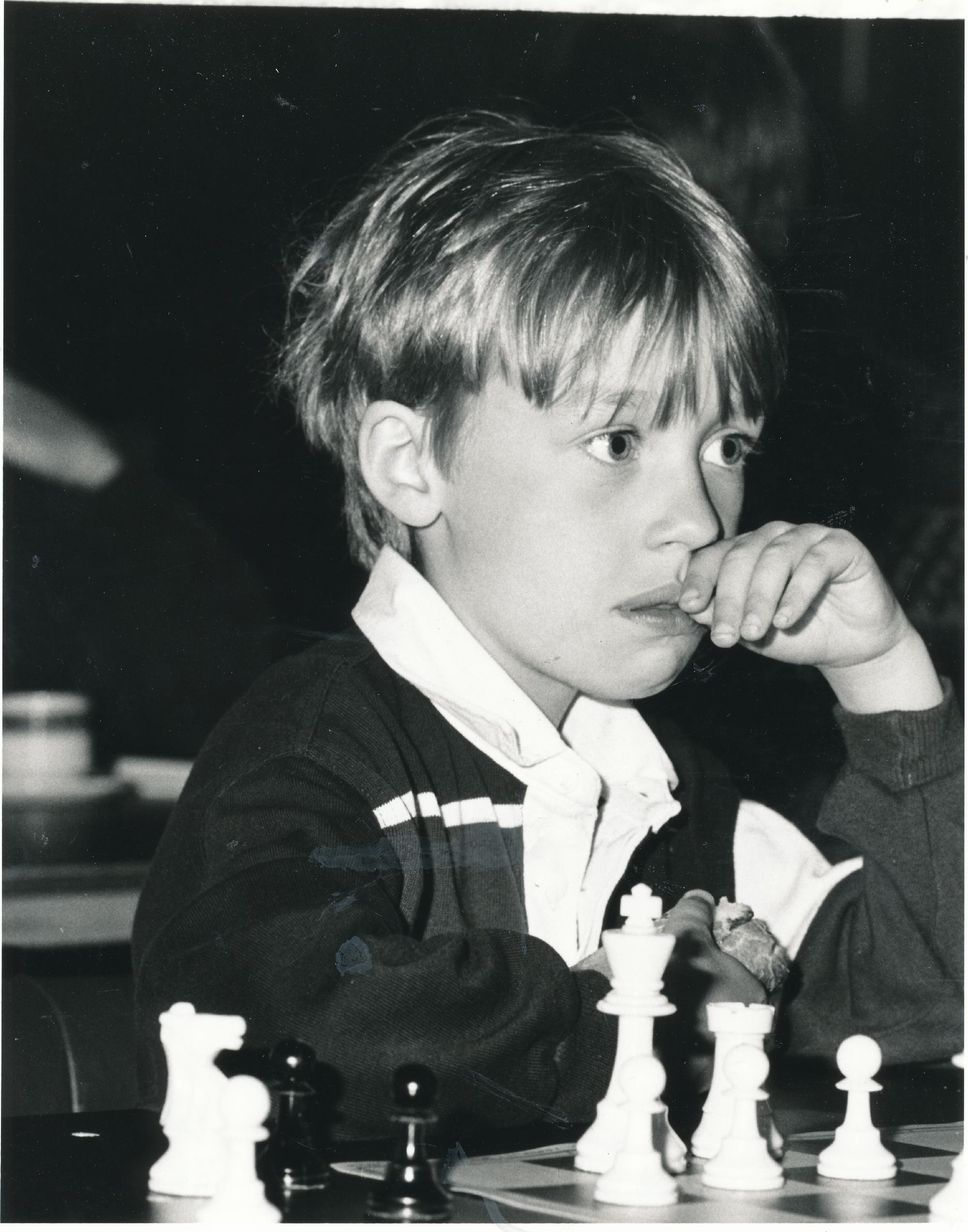
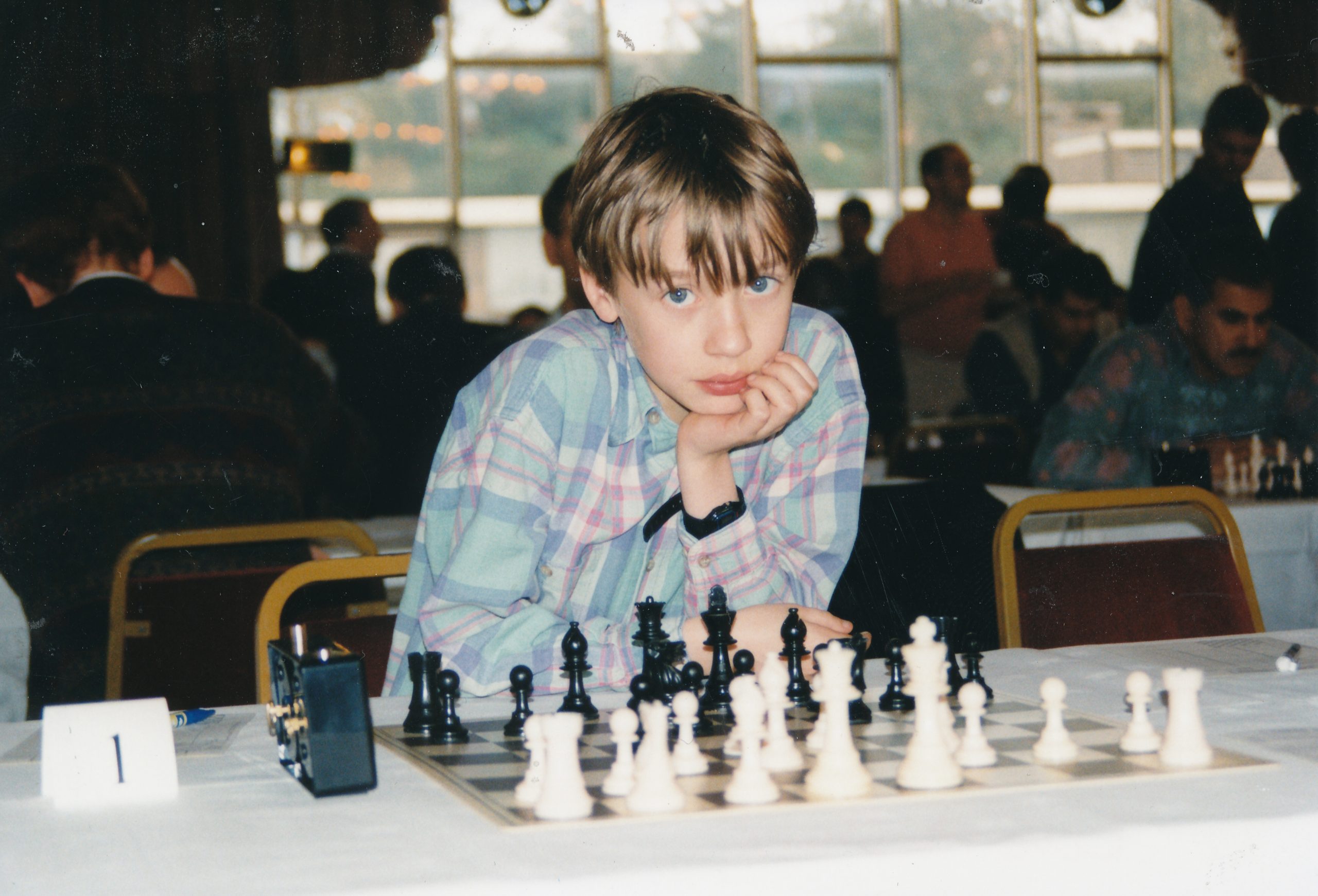
In January 2023 Luke accepted a role on the European Chess Union’s Trainers Commission!
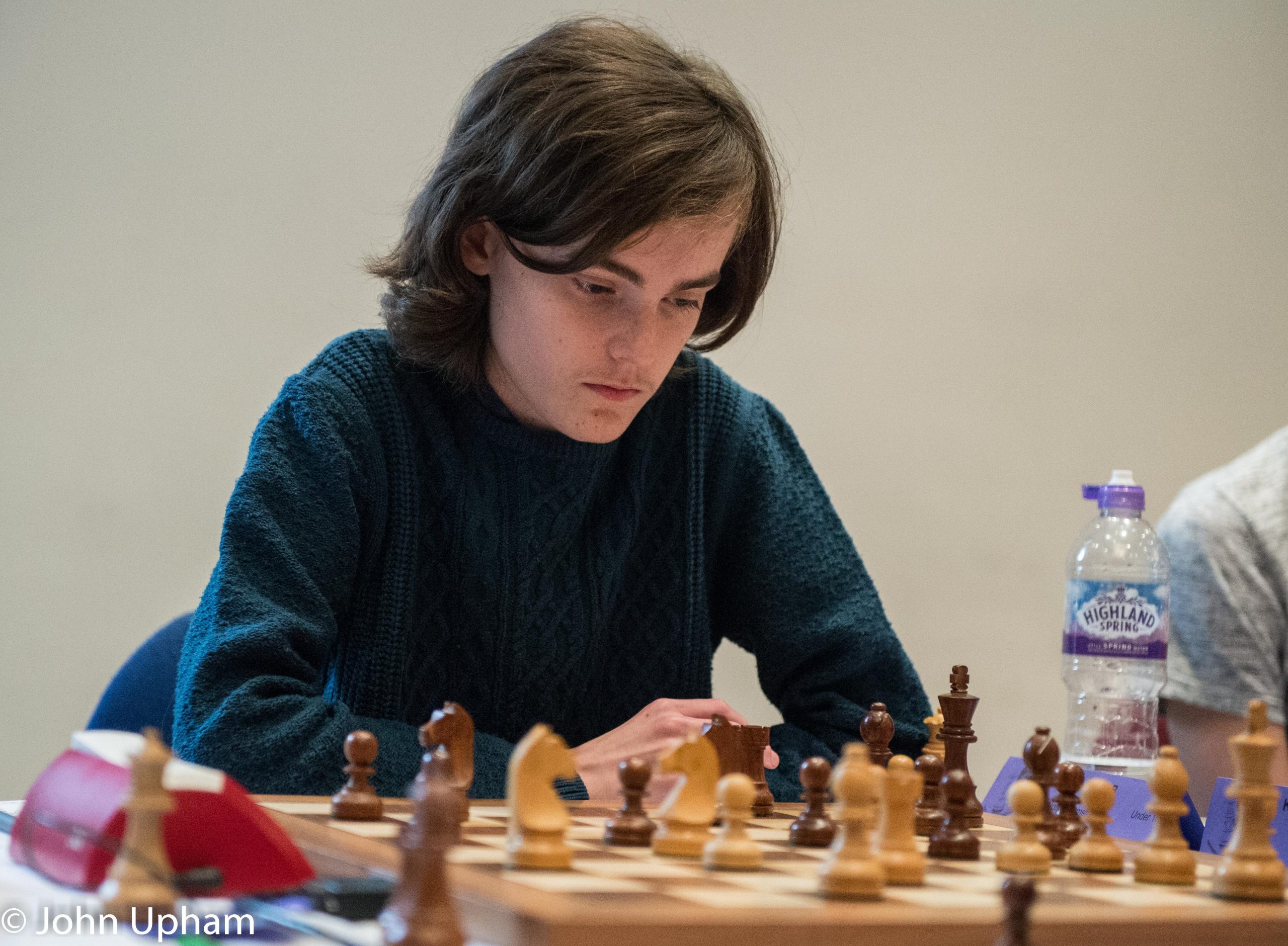
Happy Birthday IM Jonah Willow
Jonah B Willow was born in Nottingham on Monday, December 30th 2002. Jacob was the most popular boy’s name in 2002. “Lose Yourself” by Eminem was number one.
Jonah has a chess playing sister, Hambel, who plays for Newcastle-under-Lyme, West Nottingham, Staffordshire CA and Nottinghamshire CA.
Jonah’s first recorded graded standard play tournament was the 2010 Delancey UK Chess Challenge Terafinal and his first recorded rapidplay event was the Nottingham Rapidplay in 2011.
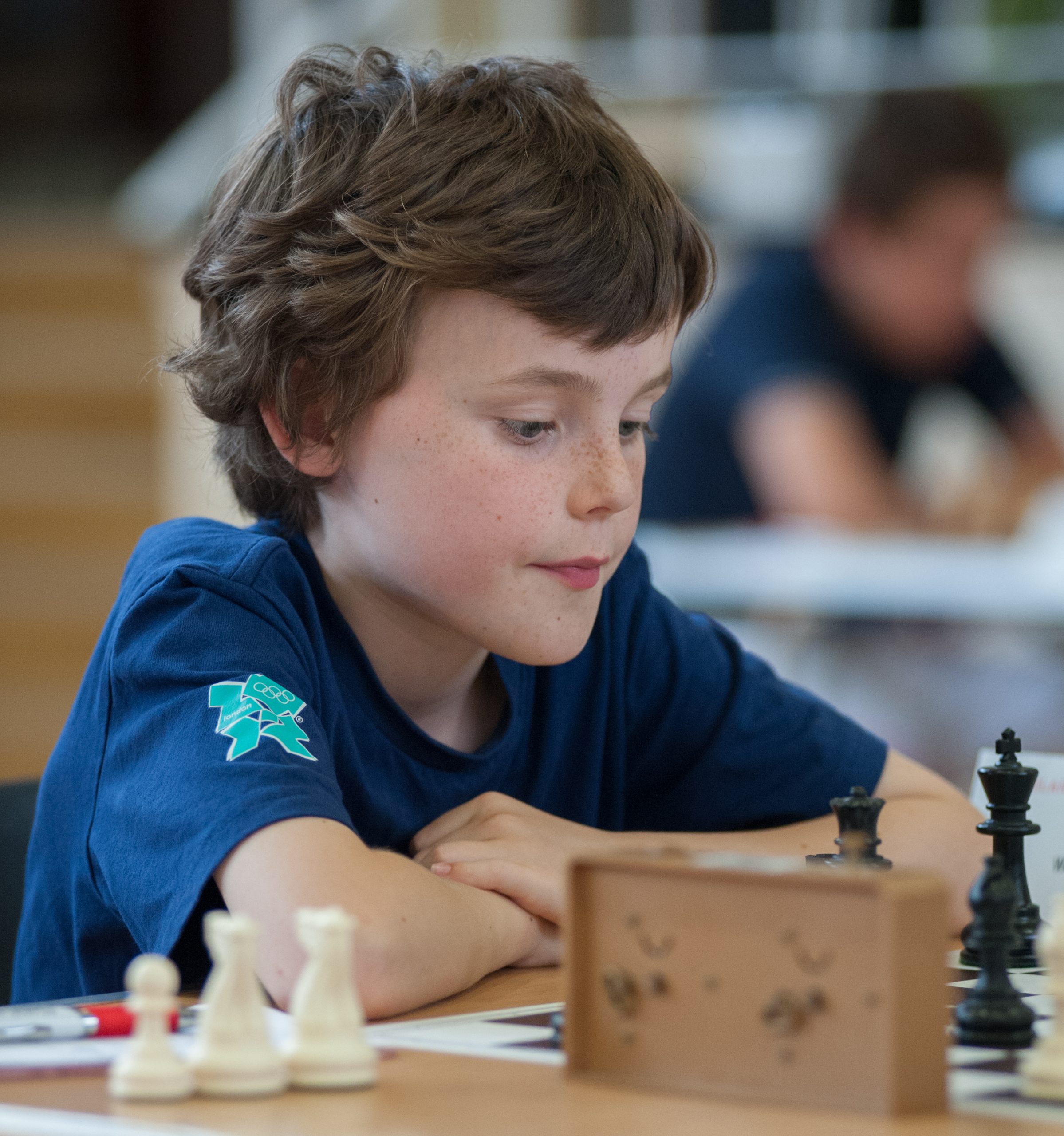
Jonah’s first published standard play grade was 96D in January of 2012 :

Jonah has represented West Nottingham, 4NCL Wood Green, Nottinghamshire CA and Syston (Leicester).
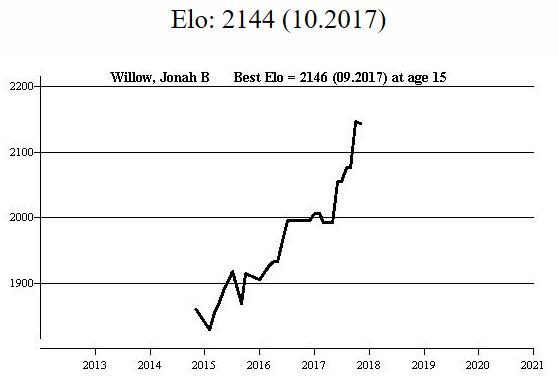
It is a little curious as to the reason for the rating profile to halt at the end of 2018 since Jonah has played plenty of FIDE rated games since. Compare the above with :
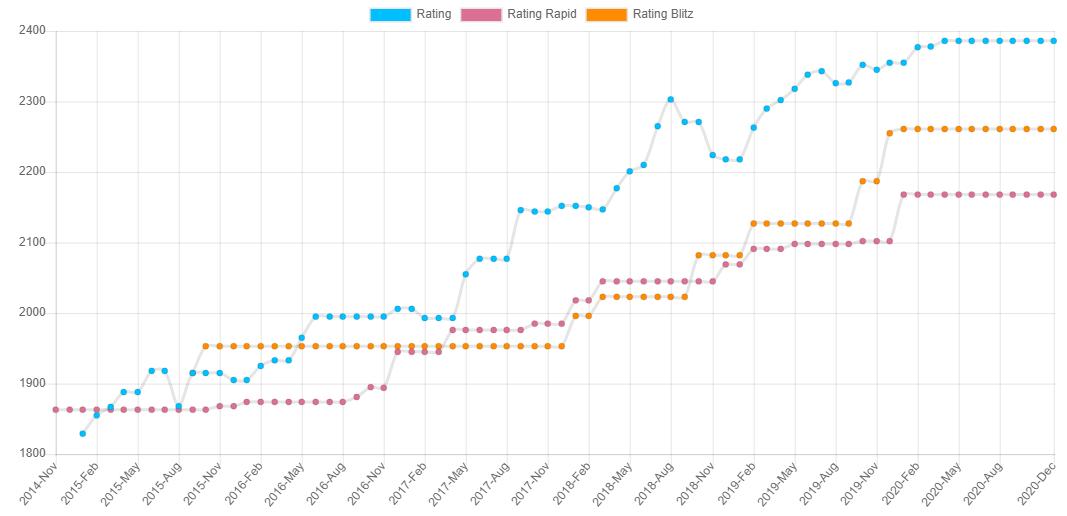
Jonah’s current (December 2021) FIDE standard play rating is 2381 and Jonah became a FIDE Master in 2018.
Jonah has plus scores against : Mike Surtees, Peter Svidler (!), Richard Pert, Peter Shaw, Ranesh Ratnesan, Shreyas Royal, Keith Arkell and Ameet Ghasi to name but a few.
With the white pieces Jonah is a committed 1.e4 player but he has scored 83% with 1.Nc3! first played by JH Blackburne against Noa in 1883 and named after Timothy A Dunst.
Jonah plays the unusual Chekhover Variation (4.Qxd4) in the 2…d6 Sicilian : this is an interesting alternative and has been discussed by GM Ben Finegold :
and
GM Varuzhan Akobian :
Jonah plays the Four Knights game with white.
As the second player he plays the Accelerated Dragon and the Modern Benoni.
He has his own Twitch TV channel.
On chess.com he is JonahWillow and his highest chess.com rating has been 2863 on April 5th 2020.
Jonah has achieved three IM norms at
1° Grandiscacchi Cattolica International 2022, 1st EJOCA Forest Hall Invitational 2021 and Dublin 2021.
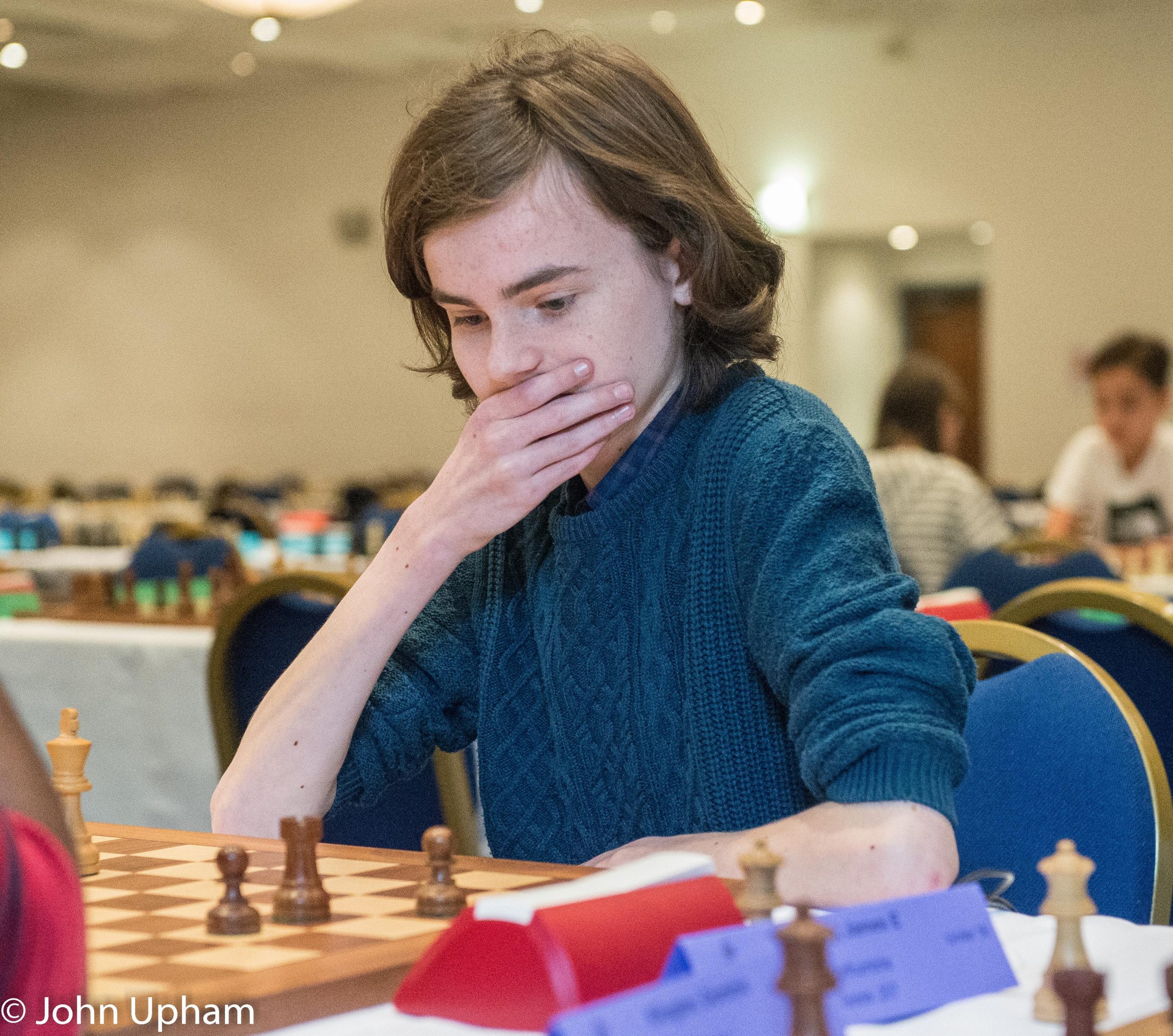
At the 2nd FIDE Council of 2022 Jonah’s IM title was confirmed.
Vaidyanathan Ravikumar (“Ravi” to his friends) was born in Paramakudi, Ramanathapuram, Tamil Nadu, India on Saturday, December 26th, 1959. On this day Nelson Rockefeller announced that he would not seek the Republican Party nomination for 1960.
Ravi credits his father N. Vaidyanathan for help with his early chess development.

In 1978 Ravi won the Asian Junior Championships in Tehran and was awarded the International Master title as a consequence. Ravi was India’s second International Master : Manuel Aaron was the first in 1961.
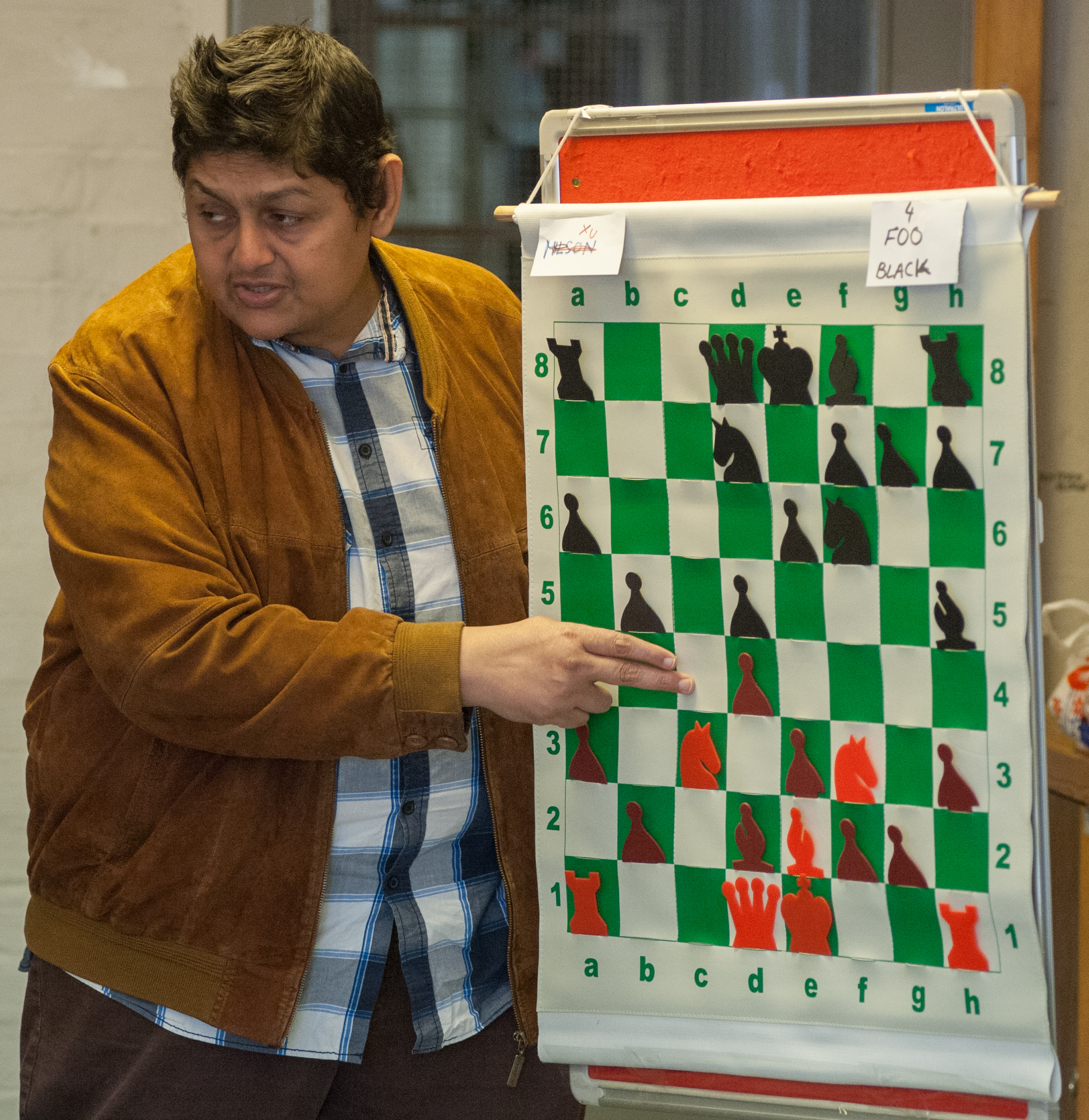
His earliest recorded game in Megabase 2020 was from the 3rd of September 1978 and was from the World Under-20 Championships in Graz, Austria. The event was won by Sergei Dolamatov and Ravi finished =25th on 6.5/13. The following year (Norway, 1979) Ravi improved to =12th with 7.5/13 and the title was won by Yasser Seirawan. James Plaskett was =3rd.
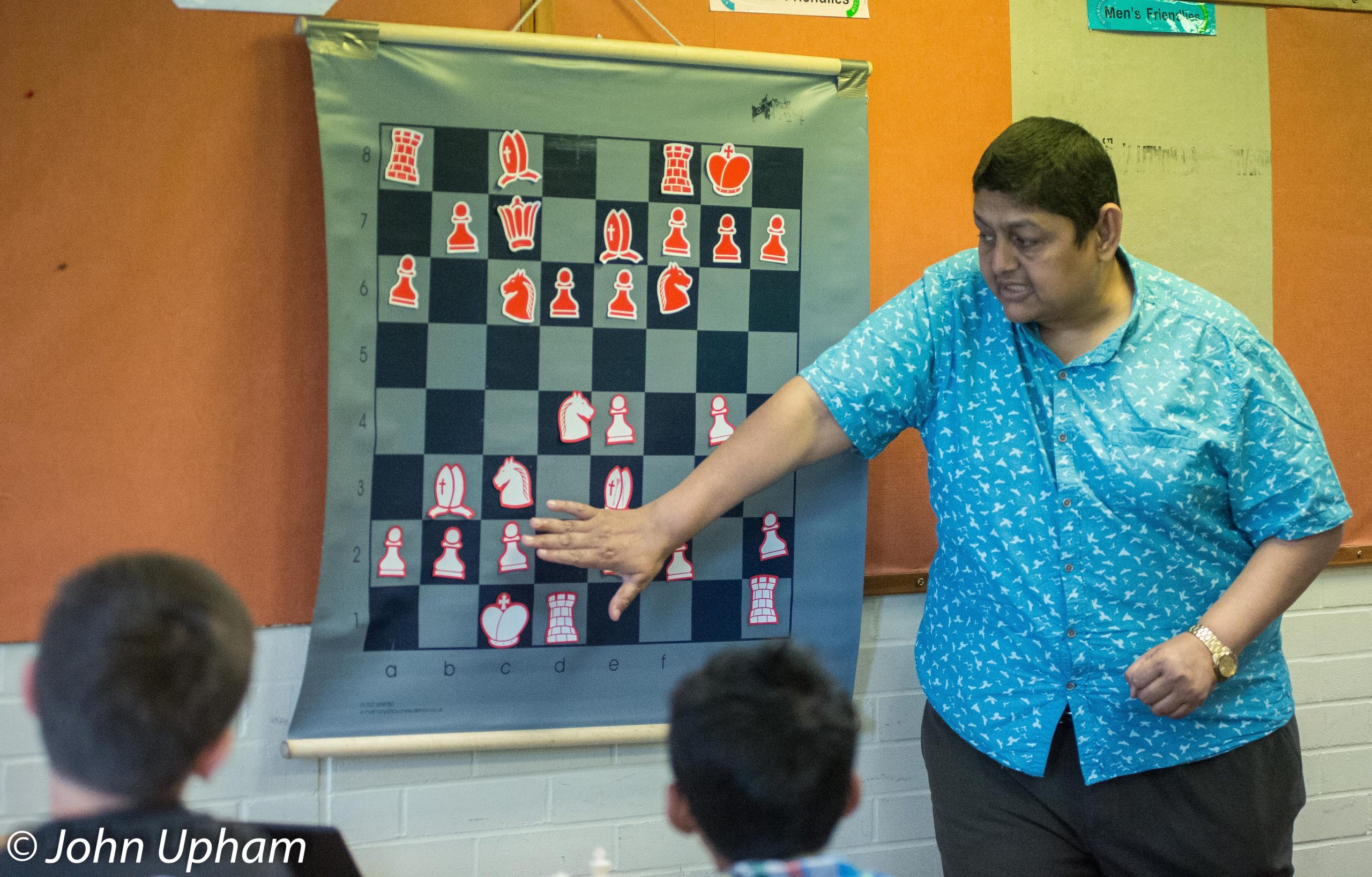
By now ( 1979) Ravi had graduated from The University of Madras with a degree in commerce and relocated to England seeking more playing opportunities. He played in his first Lloyd’s Bank Open in 1979.
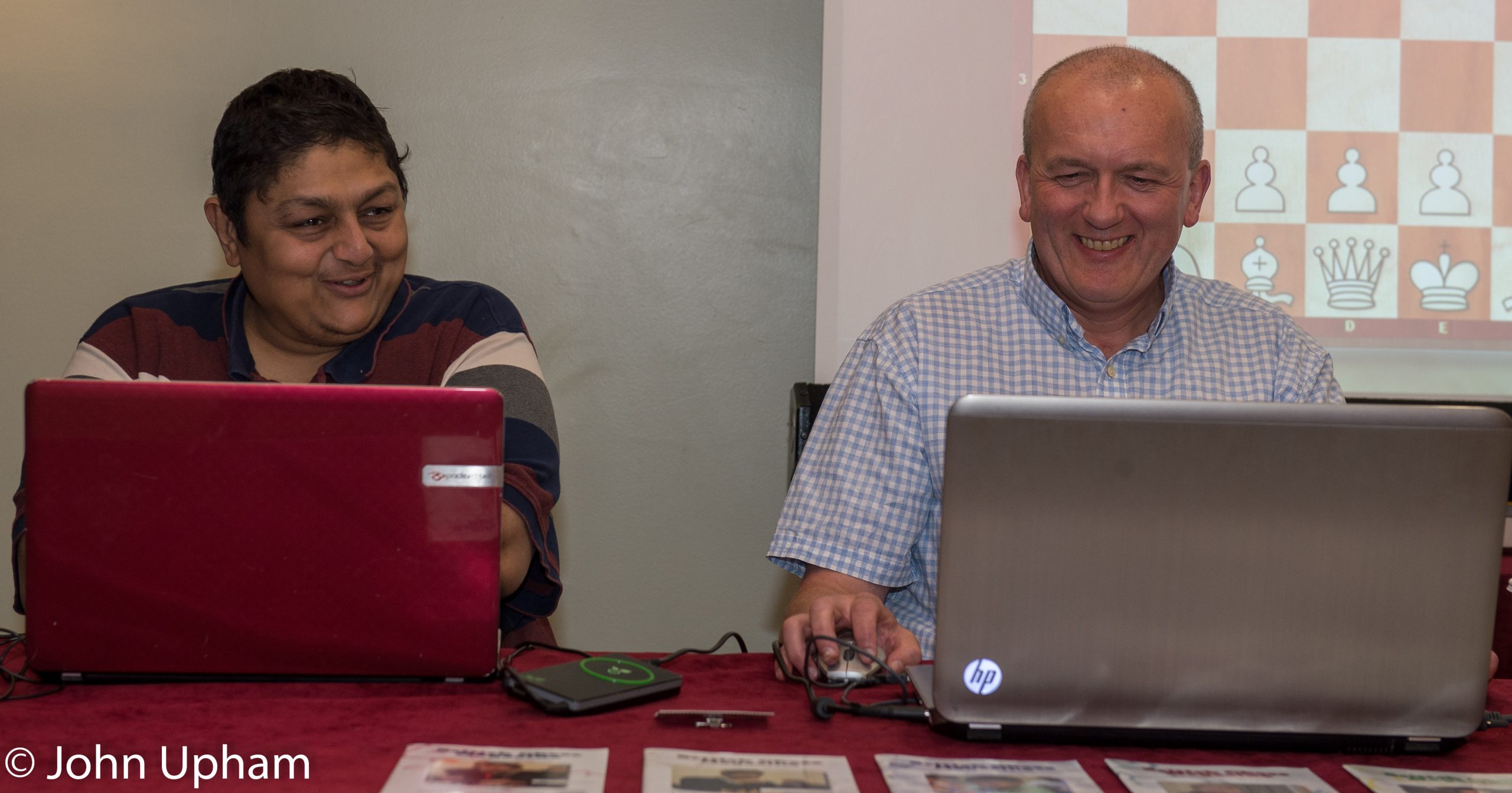
Ravi made his first appearance for India in an Olympiad at Valetta, Malta 1980. In 1981 he was runner-up to Bjarke Sahl in the 6th North Sea Cup followed by a creditable equal 10th in the 68th British Championships at Morecambe won by Paul Littlewood. In round eight he played this attractive game against Daniel King. Notes by PC Griffiths :
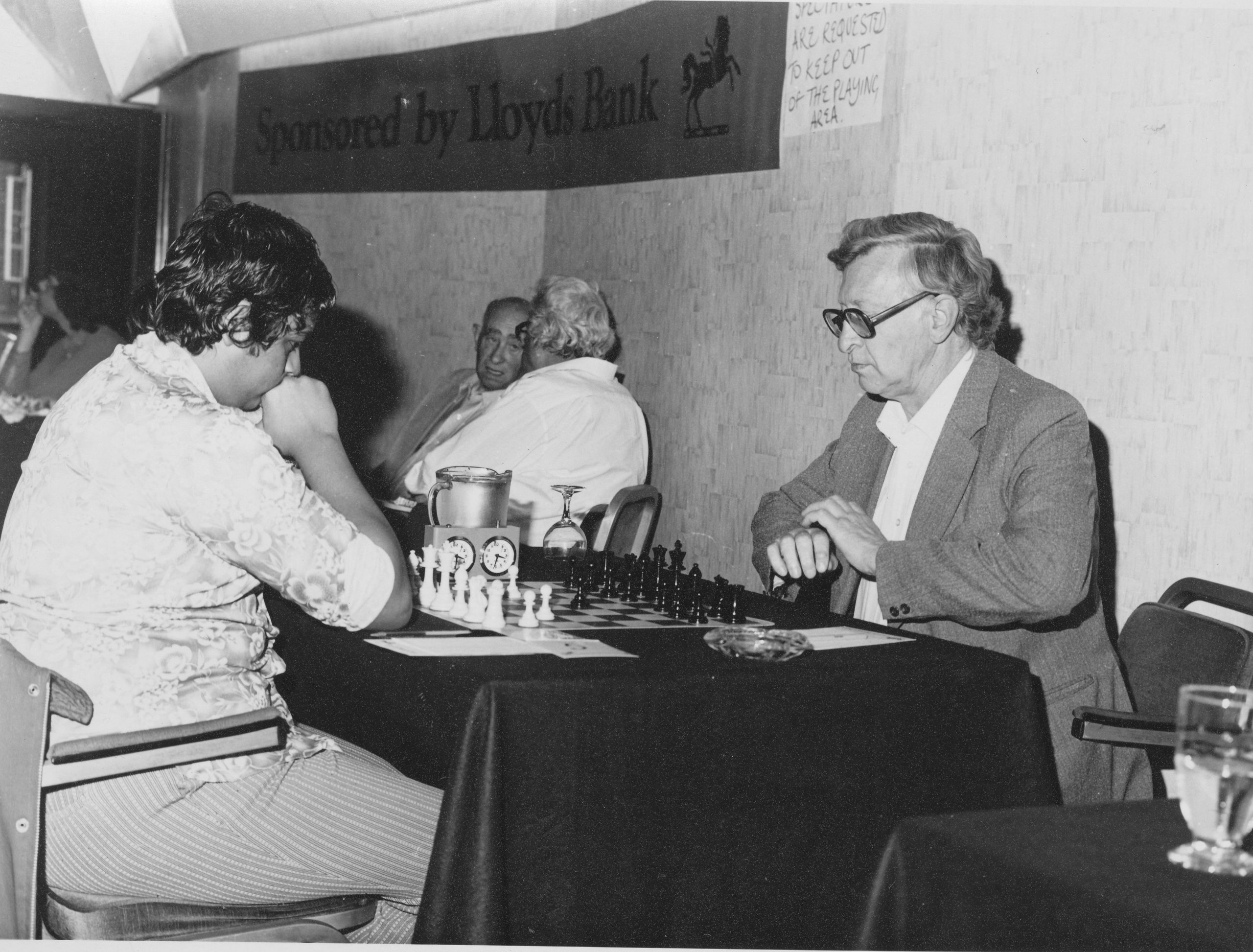
In 1982 Ravi scored a creditable =3rd at the 1982 British Championships (Mile’s year) in Torquay including wins over Basman, Muir and Plaskett :

1983 included an excellent win over James Tarjan at the Lloyds Bank Open but Danny King got revenge for his 1981 defeat!
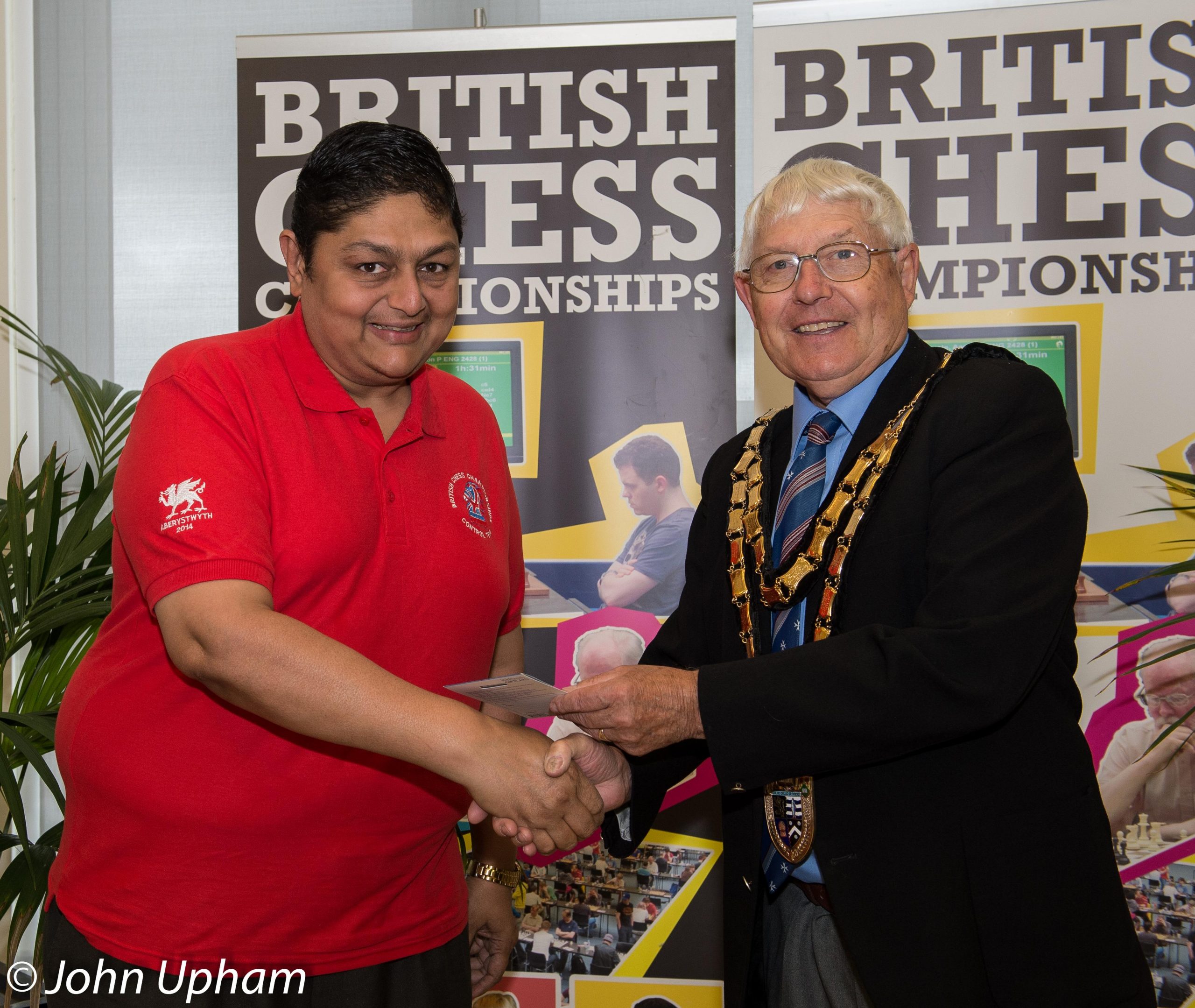
Ravi’s second Olympiad appearance for India came at Thessaloniki, Greece in 1984. This year provided Ravi’s highest FIDE rating of 2415 in January.
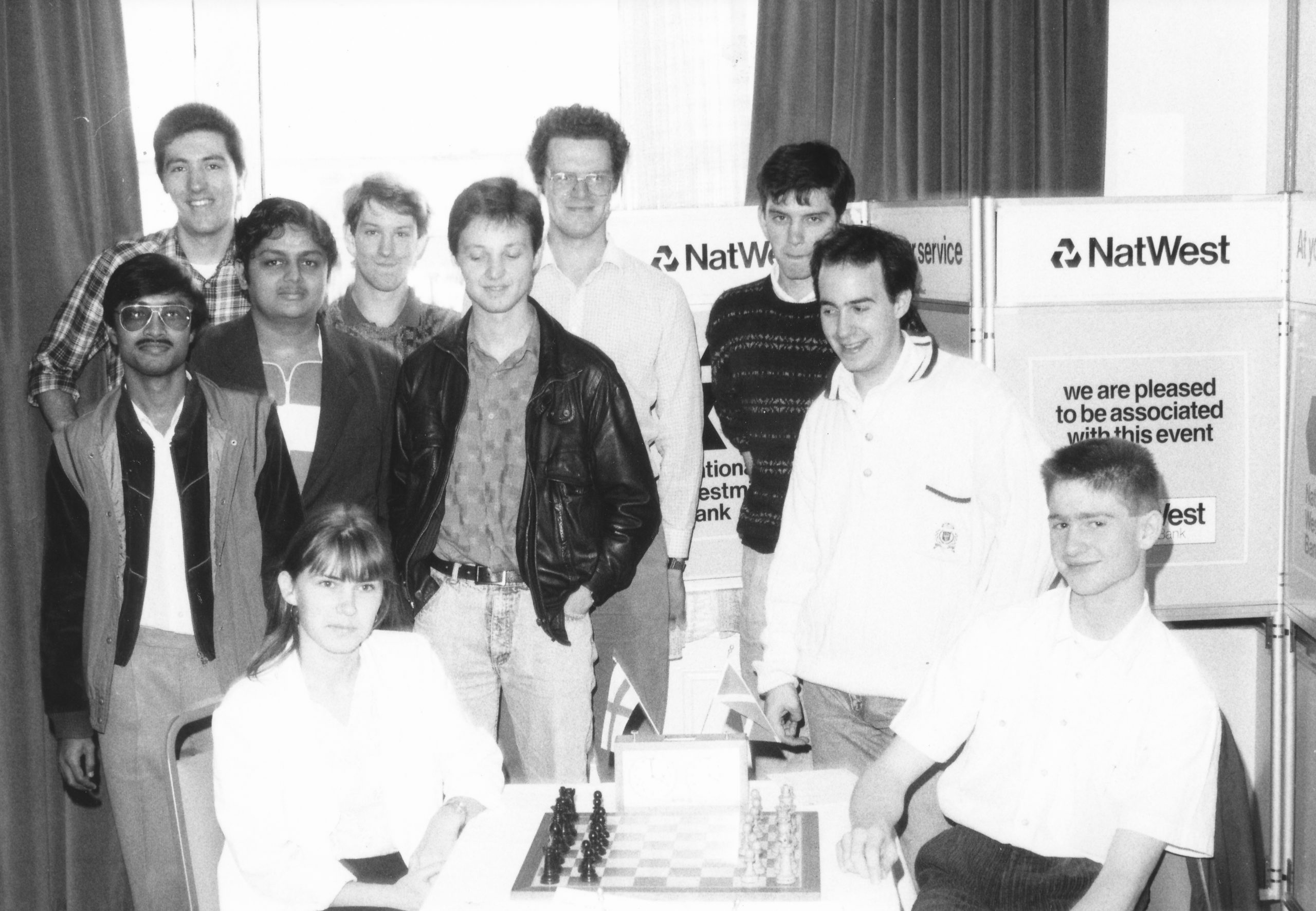
Ravi continued to be active as a player until 2000 when he started a career in coaching. He was the National Coach of the Emirates for eight years and has accompanied the ECF junior chess team to World Youth Chess Championships in 2014, held in Al Ain, UAE.
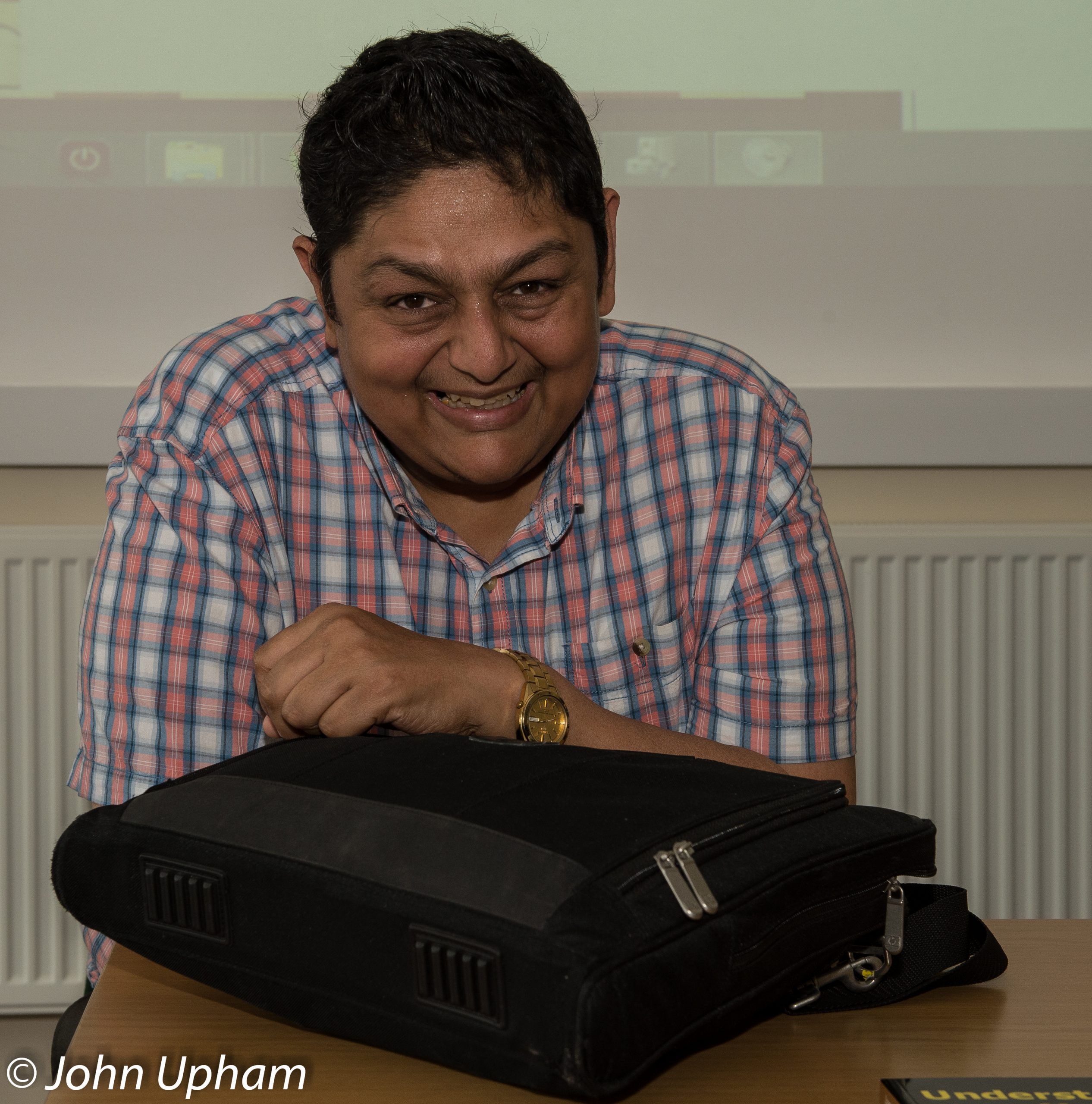
According to Spectrum Chess Calculation : “He is an experienced chess coach and provides chess coaching in 10 schools in Hertfordshire”
His first book was Karpov’s Best Games, Chess Check, 1984.
Following that Ravi wrote a biographical work on Ulf Andersson :
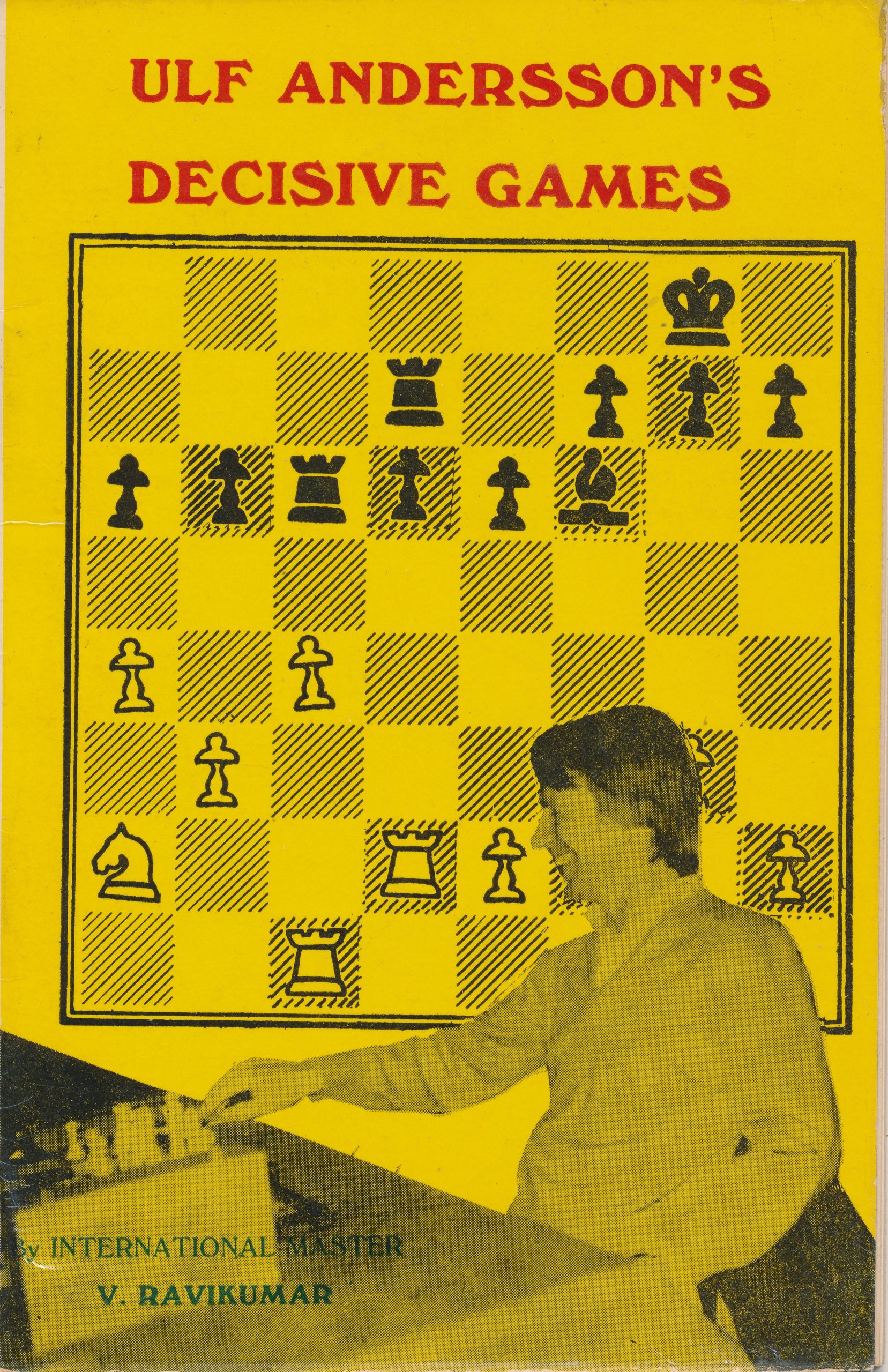
and then
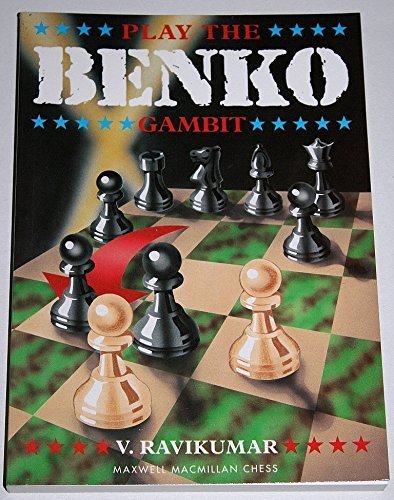
followed by
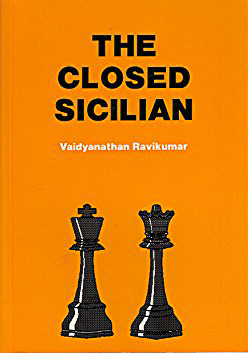
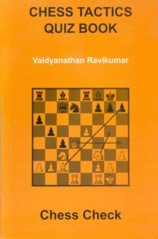
and most recently
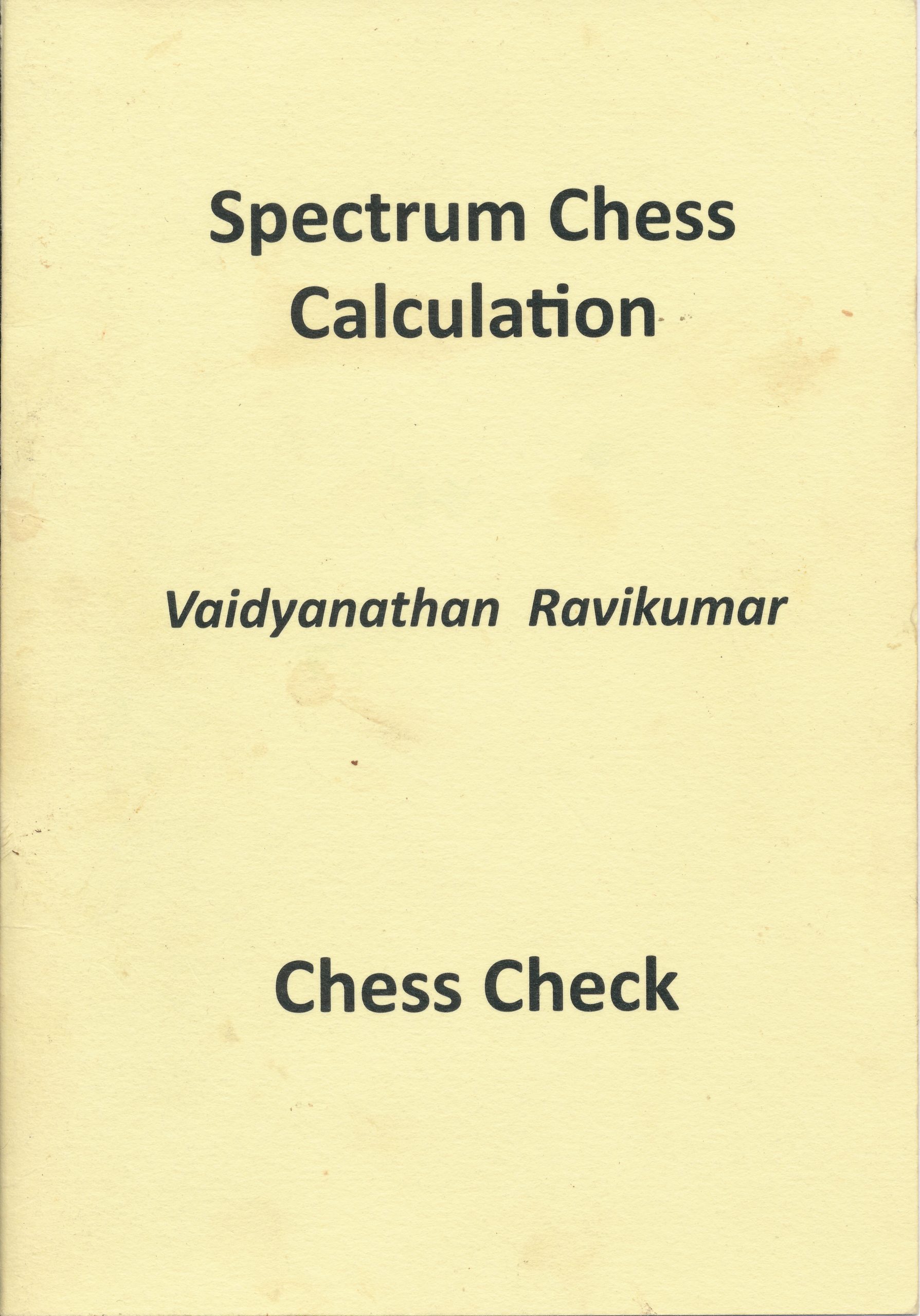
There were also works on Anatoly Karpov and Jan Timman as well as works on the Caro-Kann Defence.
Ravi is also India’s first vegan IM!
BCN wishes Happy Birthday (and seasonal greetings) to WIM Rita Atkins (25-xii-1969)
Rita Zimmersmann was born on Thursday, December 25th 1969 in Hungary.
She became a Women’s International Master in 1992.
Her peak FIDE rating according to Felice was 2225 in January 1998 aged 29, however according to MegaBase 2020 her peak rating was 2280 in July 1992 aged 23.
Rita has played for the Cambridgeshire CCA and 4NCL Blackthorne Russia.
Rita’s first recorded game in Megabase 2020 was runner-up the 5th Schoeneck Under-18 Girl’s Open with 5.5/7.
In 1990 she was =runner-up with 6/9 in the Aarhus Women’s tournament.
She was =1st in the Budapest Women’s IM tournament securing a norm.

In 1992 she became Hungarian Women’s champion with 8/11 :
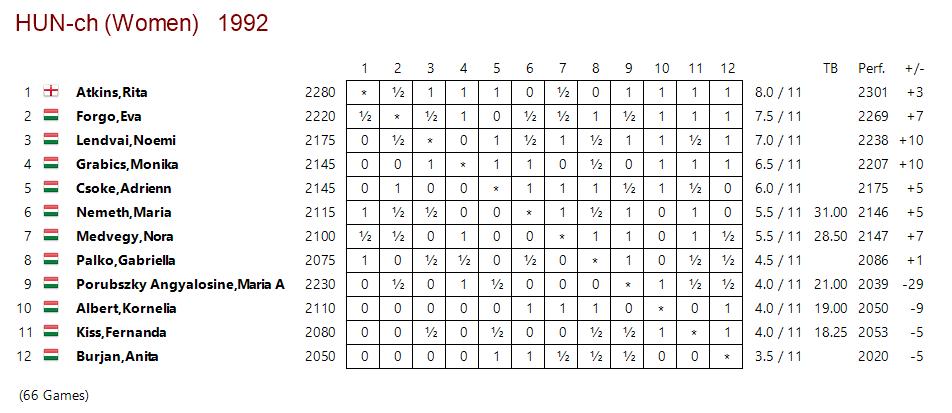
With the white pieces Rita both 1.e4 and 1.d4 playing open Sicilians, the Trompowsky Attack and the Accelerated London System.
As the second player she plays the Sicilian Four Knights, the Modern Benoni and recently, the Czech System.
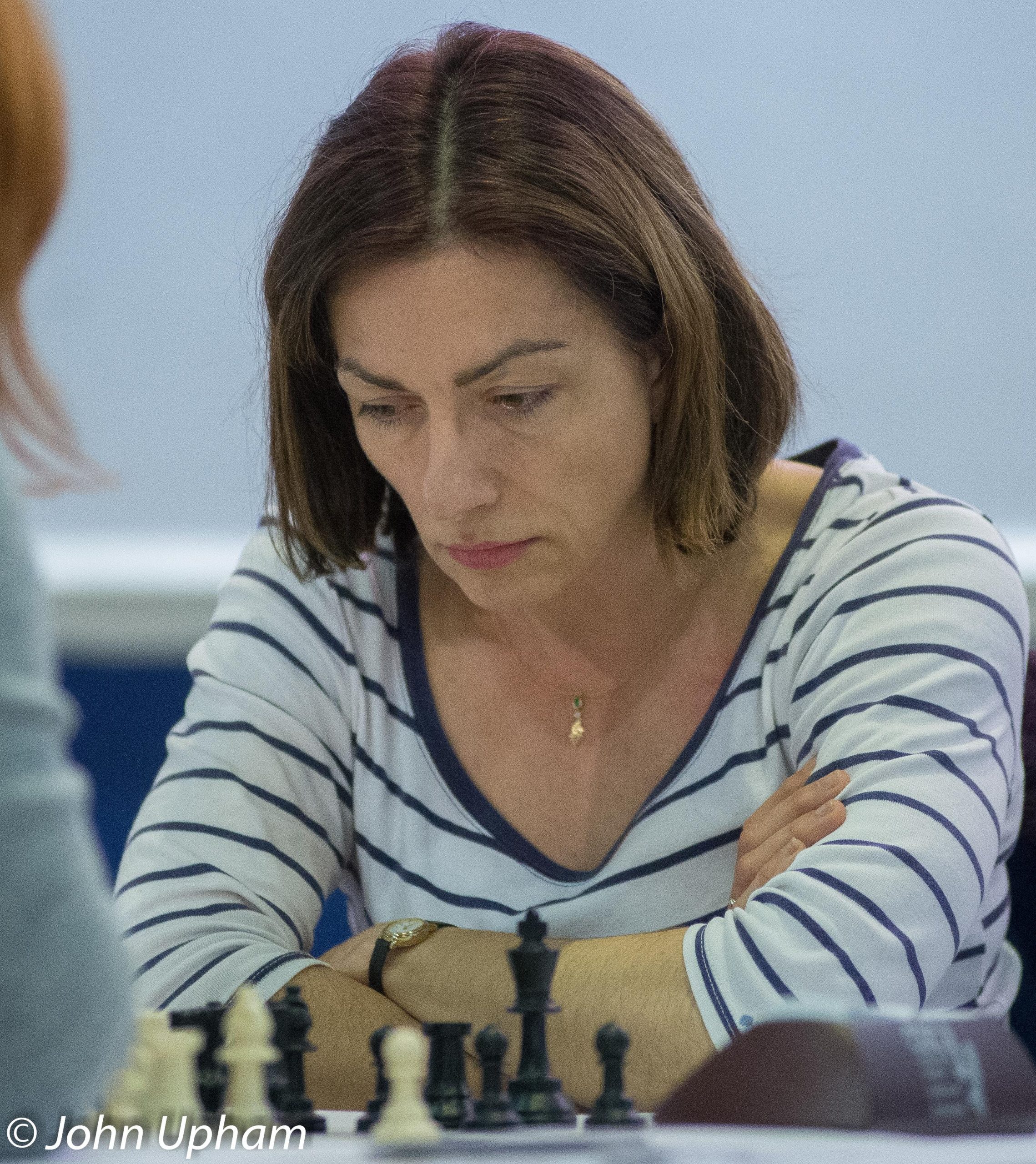
In 1997 Rita relocated to England and played in her first 4NCL weekend for Slough. She married IM Michael Hennigan and settled in London.
By 2014 Rita had transferred to Blackthorne in the Four Nations Chess League and had become Rita Atkins.
In the last few years Rita has become active in the field of chess education and has combined her interests of mathematics and chess especially in the teaching of children. She has presented at various London Chess Conferences and works with John Foley within ChessPlus.
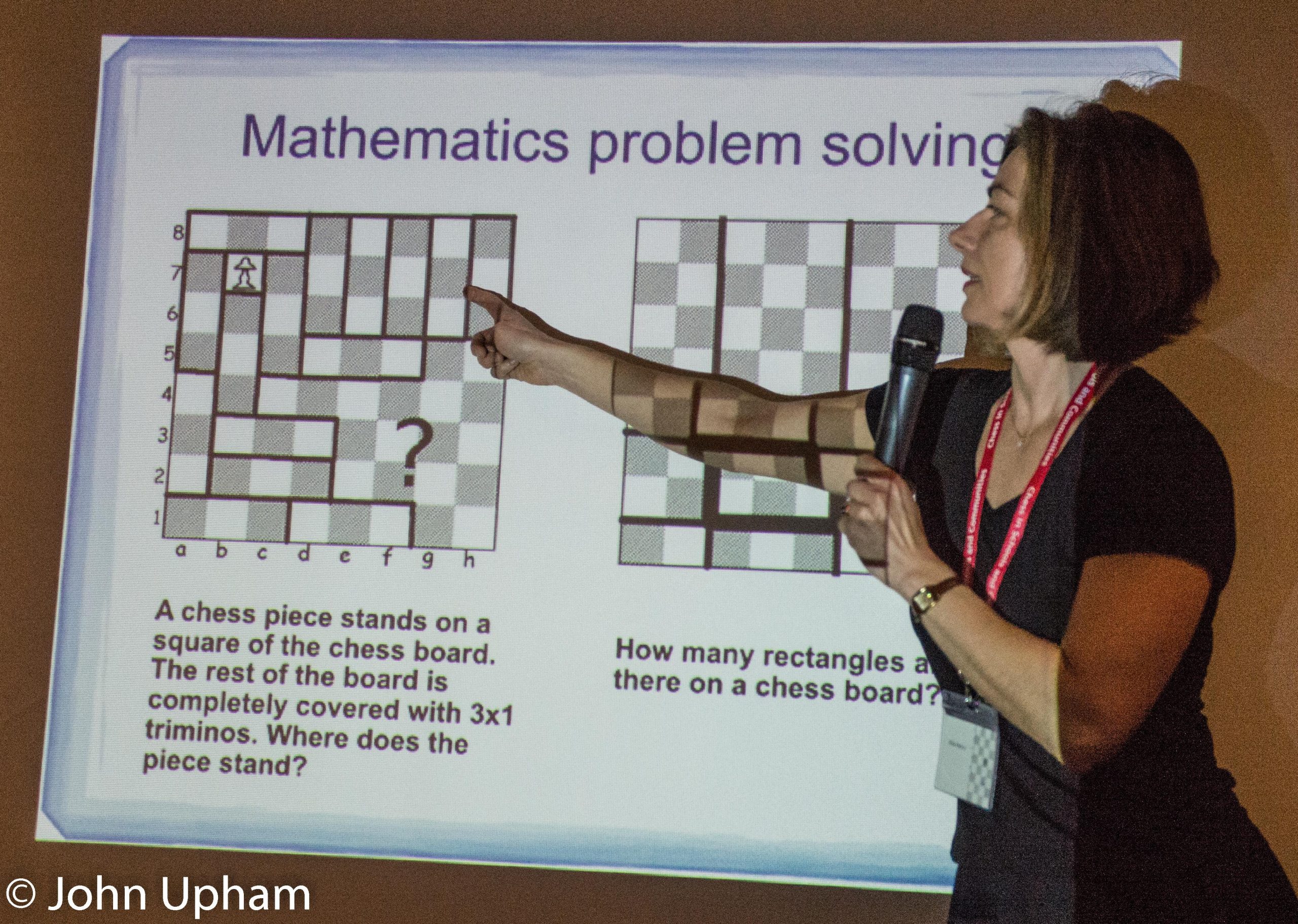
On December 24th 2023 an interview with ChessBase News was published entitled
“Rita Atkins: “Gender stereotypes are changing, but they are changing slowly”
BCN sends best wishes to Graeme Buckley on his birthday.
Graeme Noel Buckley was born on Saturday, December 25th, 1971 in Wolverhampton, West Midlands.
His first chess club was Bushbury which is also known as Bilston Sports & Social Club Ltd. His father David is the long time club President.
Graeme’s first recorded games in Megabase 2020 were at the 1987 British Championship in Swansea were he scored a modest 4/11.
Graeme married IM Susan Lalic in Sutton, Surrey in 2001 and they reside in Sutton. They have two daughters, Lucy and Emma who attend Nonsuch High School for Girls following in the footsteps of their mother.
Graeme became a FIDE Master in 1994 and an International Master in 1995.
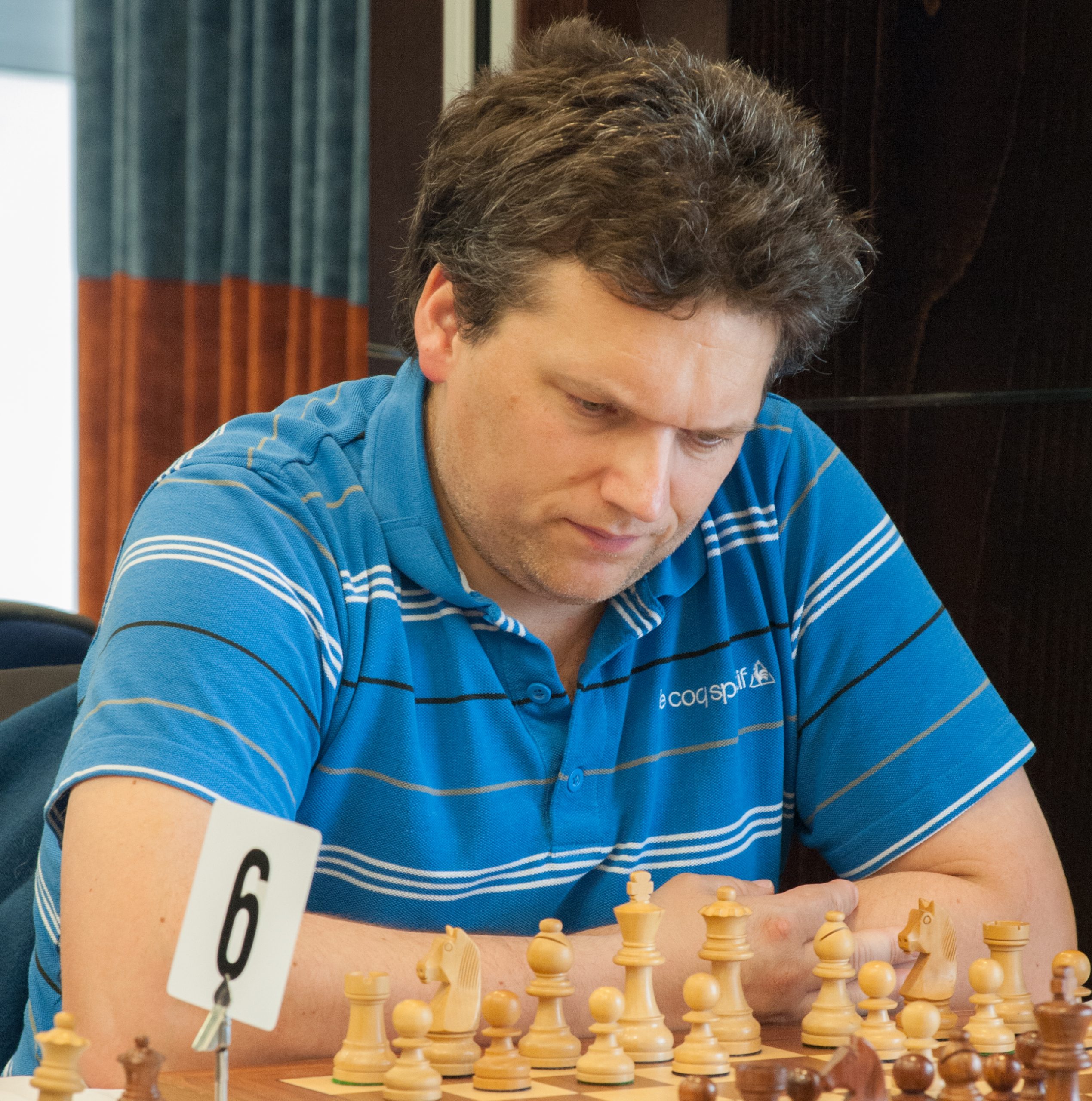
He has played for Midland Monarchs and Wood Green in 4NCL, Surrey CCA, Wimbledon 4NCL Guildford and Bushbury (in Wolverhampton)
According to ChessBase Graeme reached his highest FIDE rating in July 2003, aged 32 of 2420.
Graeme teaches chess in many Surrey Schools and in conjunction with Susan.
Graeme has been a director of Surrey County Chess Association for four years resigning in 2011.
Graeme was Southern Counties (SCCU) champion for the 2009-10 season
According to Easy Guide to the Queen’s Gambit Accepted, Cadogan, 1998 :
“Graeme Buckley caused a stir in his first year as a professional player securing his International Master title in a matter of months, quickly followed by his first grandmaster norm. More recently he has been involved in some major coaching projects. In 1996 he was manager of the English youth team, who achieved the impressive double of winning both the Glorney and Faber Cups.”
With the white pieces Graeme playa the Queen’s Gambit nowadays with Nf3 appearing before c4 having flirted with the Trompowski in the early days.
As the second player he plays the Sicilian Scheveningen, the King’s Indian and not the Queen’s Gambit Accepted despite authoring a book about it!
Following this article a comment was made by a BCN reader as follows:
Mr Buckley taught me chess as a child. If there is any way he might see this post, I want to thank him for instilling a love of the game that has lasted to this day. A fine player and a great man. Thank you IM Buckley from the bottom of my heart.
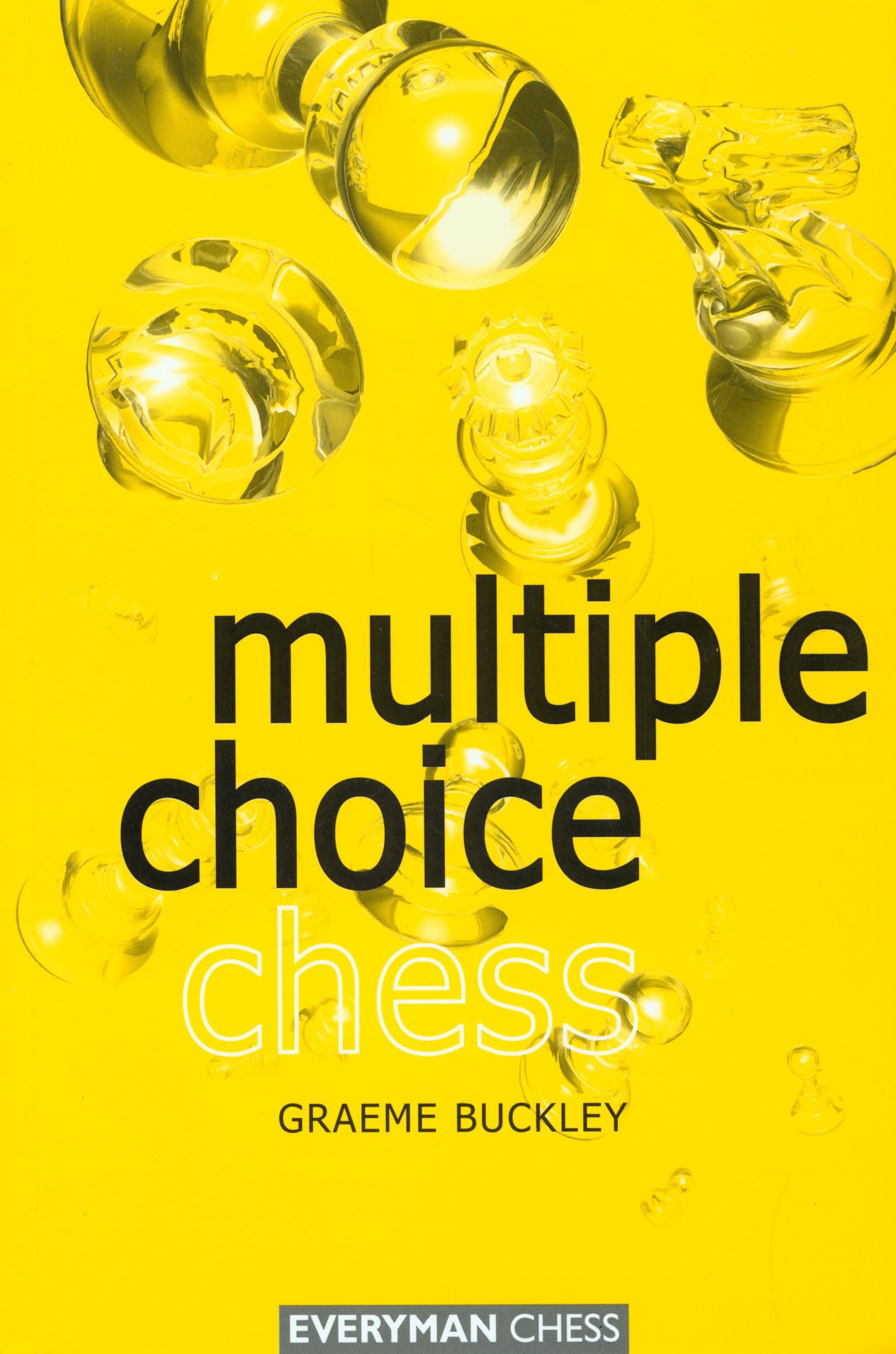
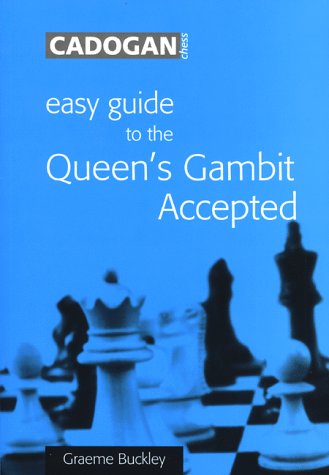
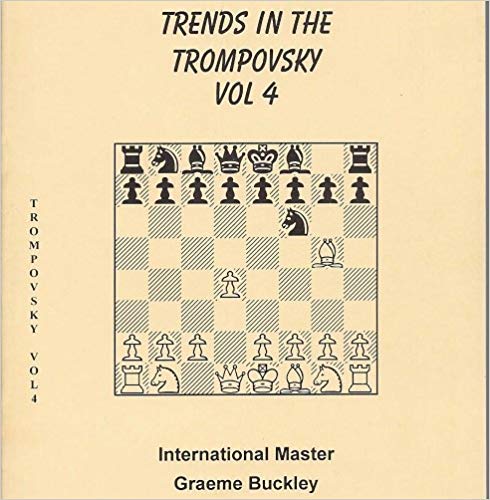
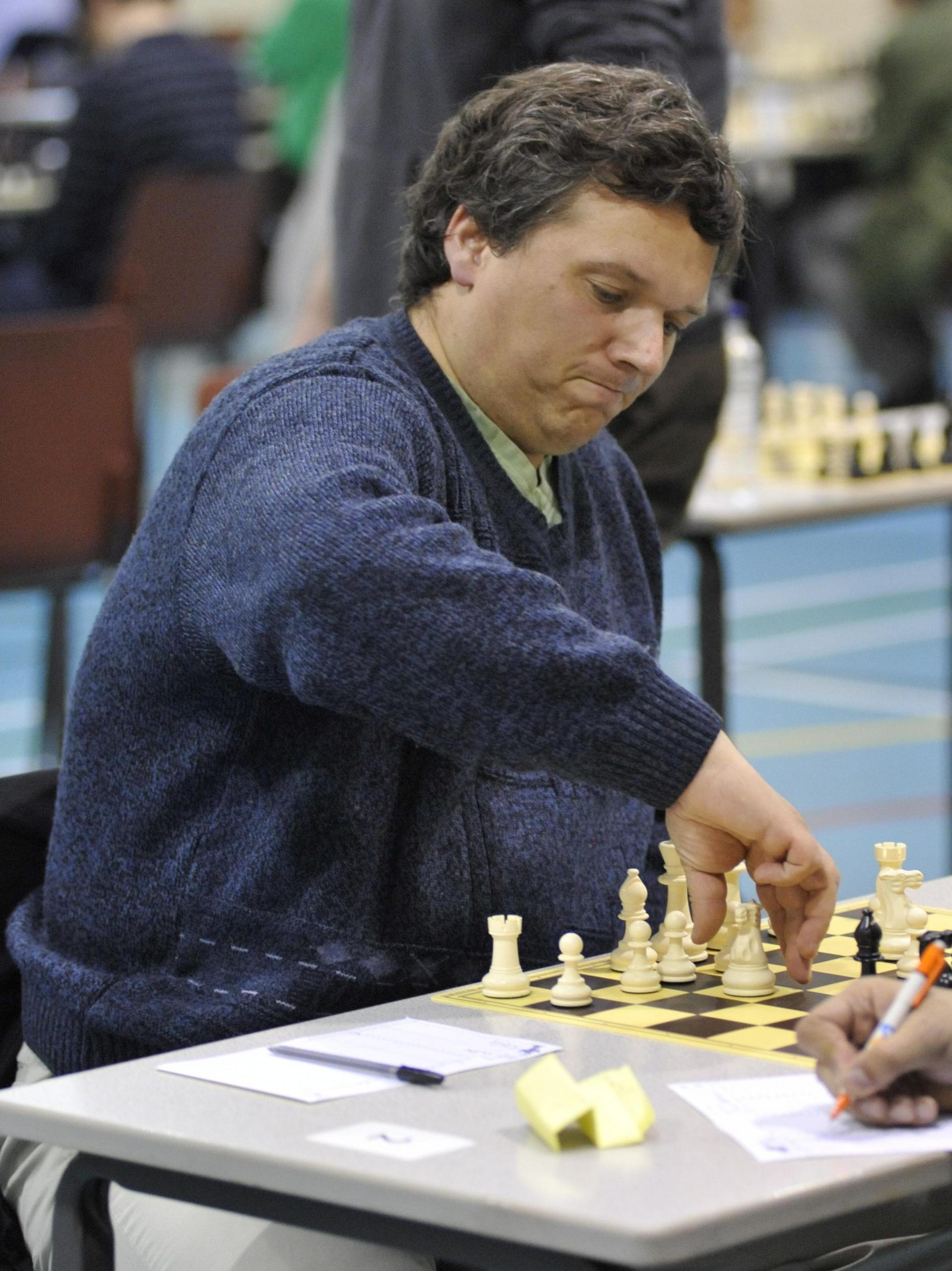
Best Wishes to IM David Eggleston on his birthday.
David James Eggleston was born on Tuesday, December 22nd 1987 in Sunderland, County Durham to Ian and Janet Eggleston (née Robson). David has a brother, Thomas A, also born in 1987 who plays chess to a high standard (2178 in 2020). Thomas also plays for Durham City and for 4NCL North East England.
There is one game in Megabase between the brothers from round 5 of the Durham Open in 2003 which resulted in a 13 move draw. They shared the 1st prize with 4/5.
David currently resides in Durham and plays for Durham City in the North East League and for Cheddleton in the Four Nations Chess League (4NCL).
David became a FIDE Master in 2007 and an International Master in 2013.
According to ChessBase David’s peak FIDE rating was 2434 aged 26 in December 2013. However, this could easily be surpassed.
He has a plus score against Keith Arkell, James Jackson, Peter Sowray and Chris Ward to name but a few.
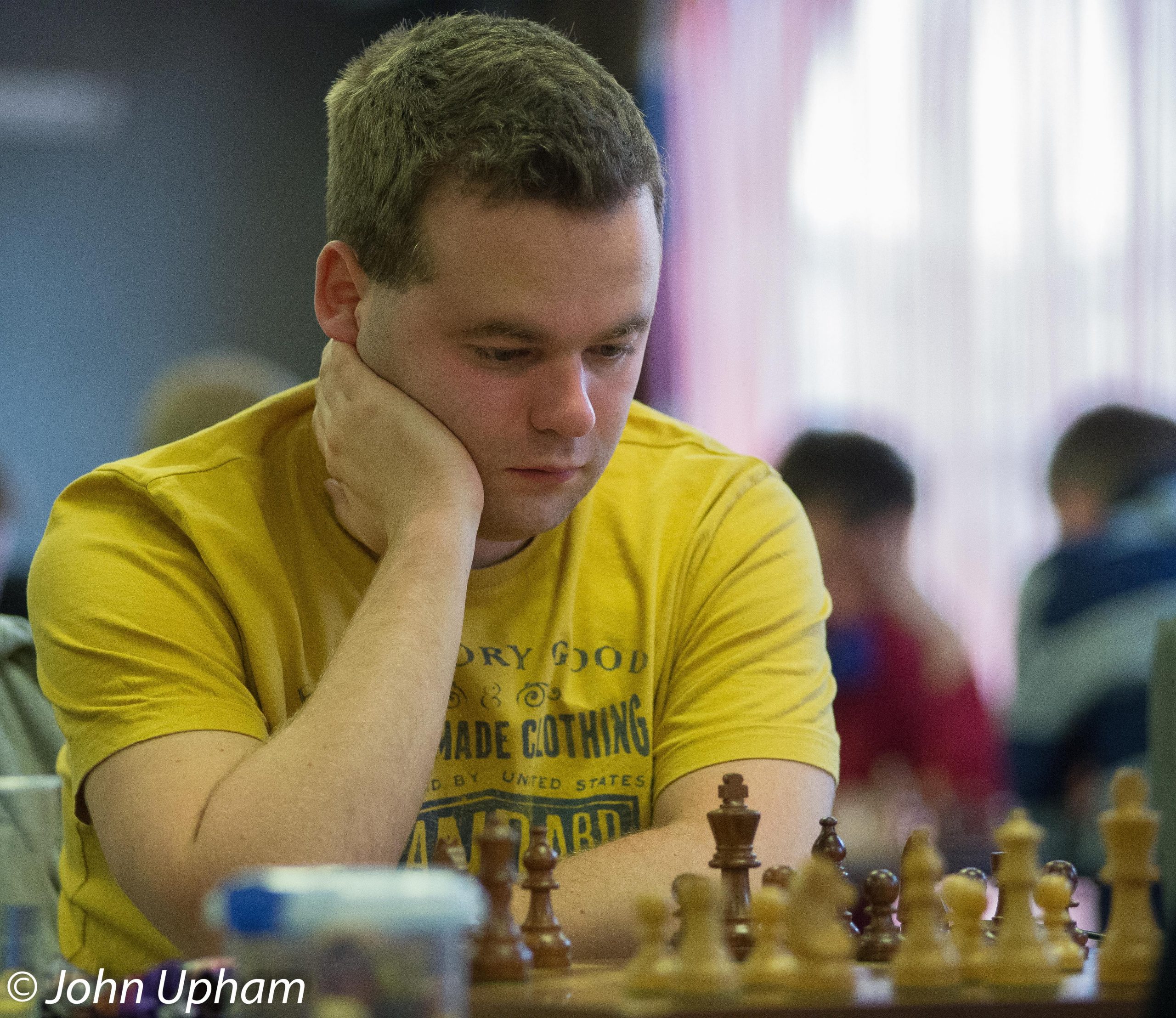
With the white pieces David is a staunch e4 player playing open Sicilians, the Italian Game and 3.Nc3 versus the French and the Caro-Kann.
As the second player David plays the Najdorf and the Nimzo-Indian Defence.
David has one book, published in July 2014 : Hacking up the King published by Mongoose Press :
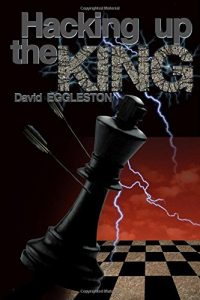
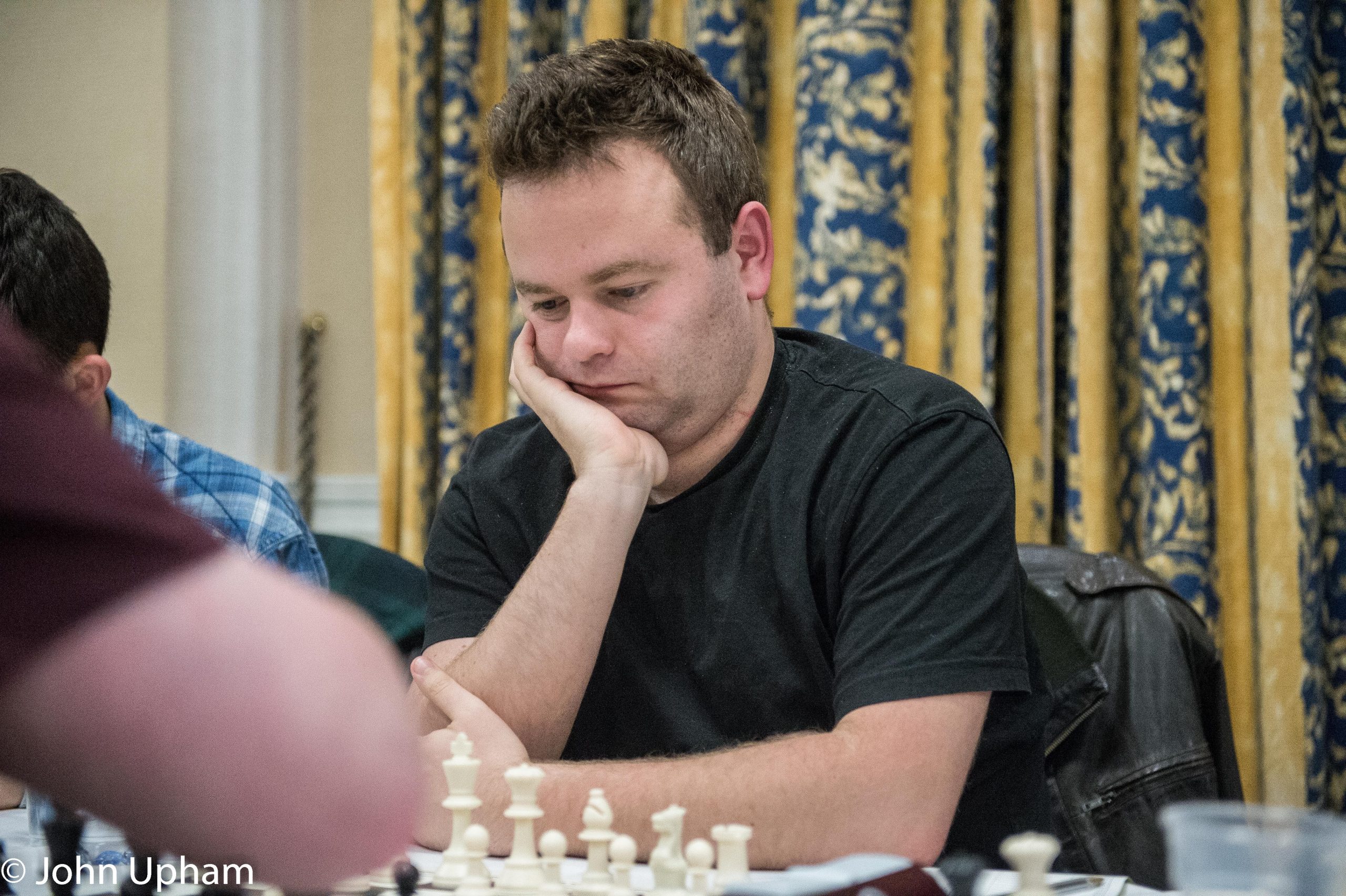
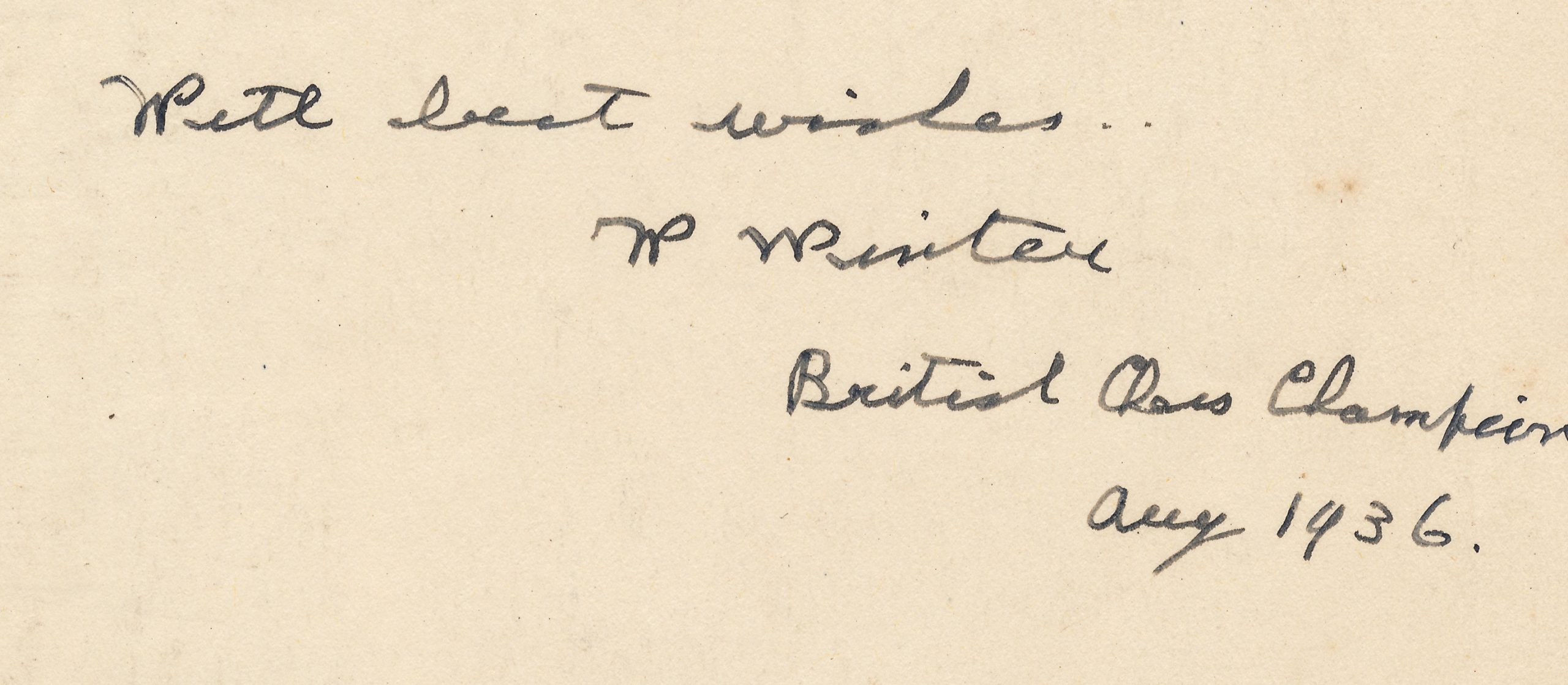
BCN remembers William (Willy) Winter who passed away on Sunday, December 18th, 1955 from tuberculosis (at the time known as “the white plague”). He refused to enter a sanatorium.
There is some variation from sources who quote his Date of Birth. All have 11th of September as the date but vary by the year giving either 1898 or 1899. However careful research by John Townsend (Wokingham) gives 1897 and this work is cited by Edward Winter.
Late in 2021 historian Gerard Killoran (Ilkley) discovered this clipping from the Hampshire Advertiser – Wednesday 22 September 1897 p.2:
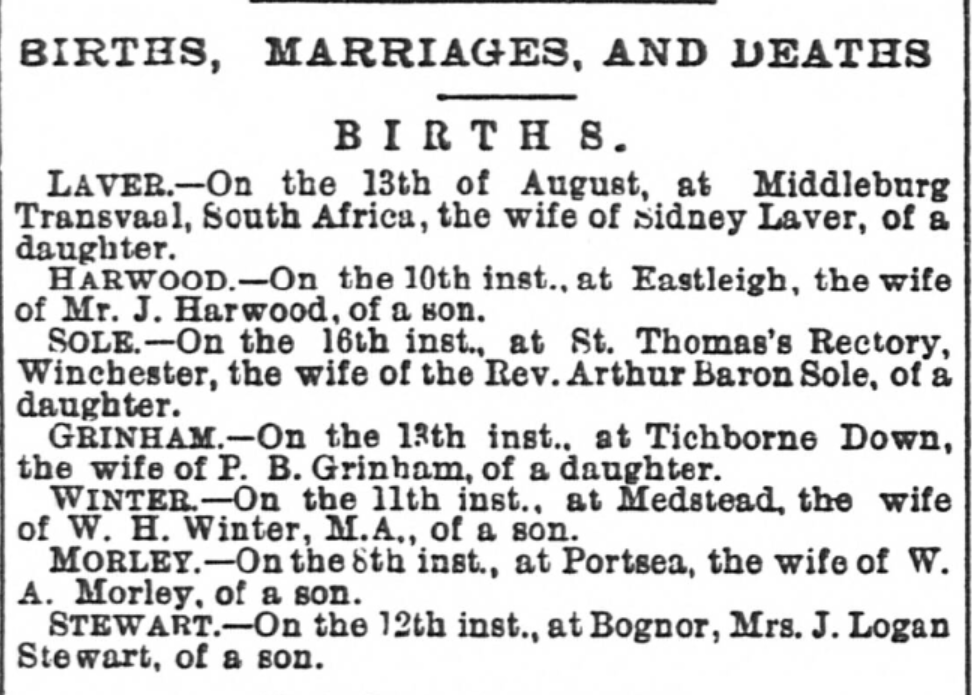
which confirms JTs evidence from the 1939 register.
His father was William Henderson Winter and his mother Margaret Winter. He was born in Medstead, Hampshire. In the 1911 census their address was recorded as “The Boynes”, Four Marks, Alton, Hampshire and the family had two servants : a cook and a housemaid. In 1936 Winter lived at The Old Cottage, North Road, Three Bridges, Sussex.
In the second quarter of 1933 William married Amelia Jennett (née Potter) in the district of Pancras. William knew Amelia as Molly and wrote about her extensively in his memoirs. Amelia was married to Dennis Jennett but Dennis had an affair with another woman and a convenient to all parties “arrangement” was entered into. However, Willy’s father was less than impressed.
From The Encyclopedia of Chess (Robert Hale 1970&1976), Anne Sunnucks :
“International Master, chess. professional and British Champion in 1935 and 1936, William Winter is one of the most colourful figures that British chess has produced. A born bohemian, Winter could on many occasions have been mistaken for a tramp, yet he was equally capable of turning up at a dinner or some other official occasion, well-groomed and looking the split image of his famous uncle, Sir James Barrie, and making a speech of such wit and culture that every other speech would seem flat.
Born in Medstead in Hampshire on 11th September 1898, of Scottish parentage. Winter’s mother was the youngest sister of Sir James Barrie, and his father a brilliant scholar who had entered St. Andrew’s University at the age of 16, taken honours in classics and then won a scholarship to Cambridge to read mathematics.
Winter was taught to play chess by his father, who was a strong player, when he was 12. From the time he was introduced to the game his main aim in life was to become a first-class player, and his previous interest, cricket, had to take a back seat.
When he was 15, he joined the city of London Chess club, one of the leading clubs in the country, and his game-rapidly improved. He went up to Cambridge to read law for a year during-the l9l4-l9l8 war, before he became of age for military service and joined the Honourable Artillery Company. While he was stationed at Leeds he learned that the British champion, F. D. Yates, and the Mexican master, A. G. Conde, were in the habit of playing chess on a Saturday afternoon in a café in Bradford.
Winter started going to this café and made the acquaintance of the two masters, who would occasionally give him a game.
On returning to Cambridge when the war was over, Winter became President of the University Chess Club and also started to take an active interest in politics. He joined the University Socialist Society and the local branch of the Independent Labour Party, and when the Communist Party was formed he became a Communist.
In 1919 Winter became Cambridge University Champion and won a match against R. H. V. Scott, a leading British player, by a score of 4-2, thereby securing for himself an invitation to play in the Victory Congress at Hastings. His lack of experience of master play proved too great a handicap, and he came 11th out of 12.
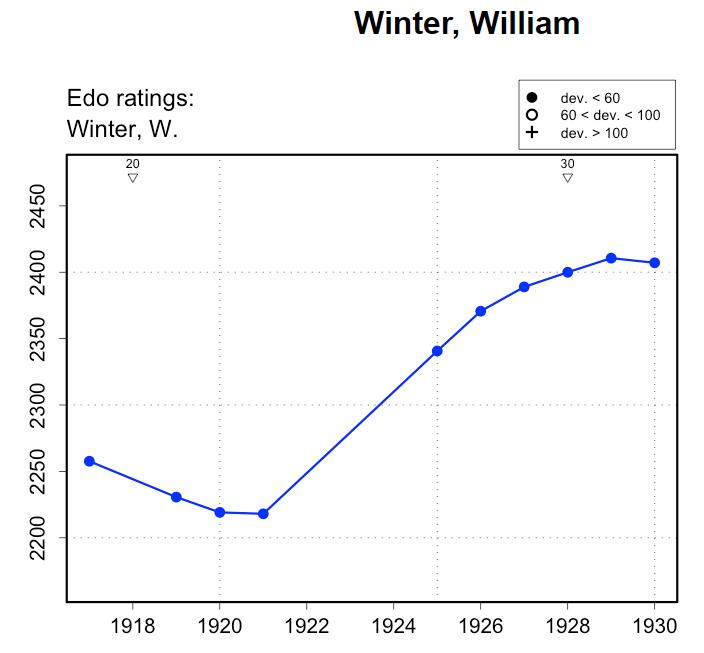
On leaving Cambridge after taking his degree in 1919, Winter persuaded his parents to allow him a year in which to play chess before settling down to a career. He hoped that during that year he might be able to prove that he had sufficient talent to become a professional player. This did not prove the case, and Winter had to resign himself to becoming a solicitor.
In 1921 he became articled to a London firm, but after a dispute with his father, which resulted in his allowance being stopped, Winter had to give up his articles and decided to concentrate his energies on politics. He went to live in Bristol and addressed open-air meetings all over the city on behalf of the Communist party, until he was arrested for sedition and sentenced to six months imprisonment. After his release Winter continued his political activities until he was forced to abandon them on medical advice.
Having given up politics, Winter decided to try his luck as a chess professional. This proved to be a success, and within two years he was making a reasonable living teaching the game, playing games for fees at St. George’s Cafe in St. Martin’s Lane in London and writing for The Manchester Guardian and The Daily Worker.
Winter remained a chess professional for the rest of his life, apart from the war years. He wrote two chess best sellers: Chess for Match Players, published in 1936
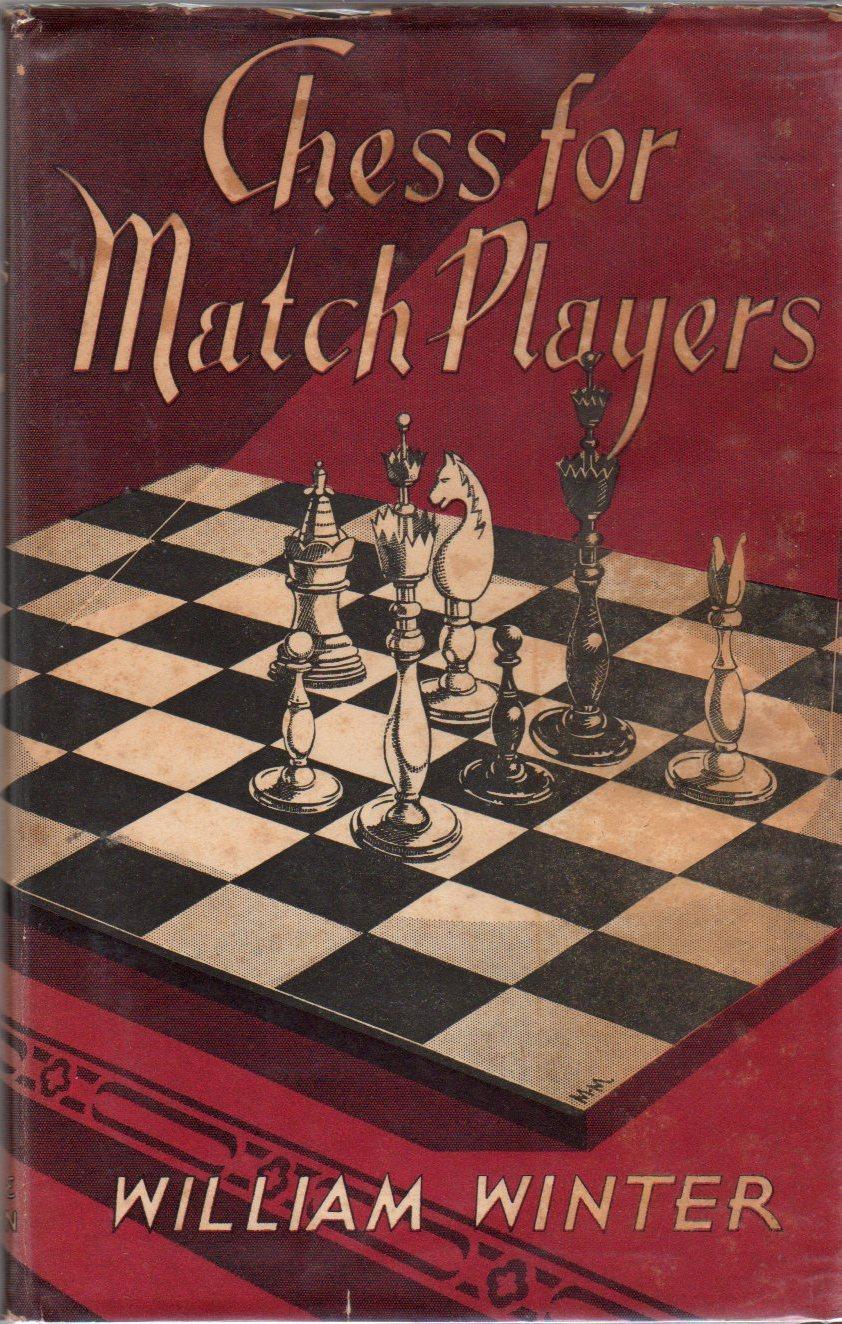
and reprinted in 1951, and Kings of Chess;
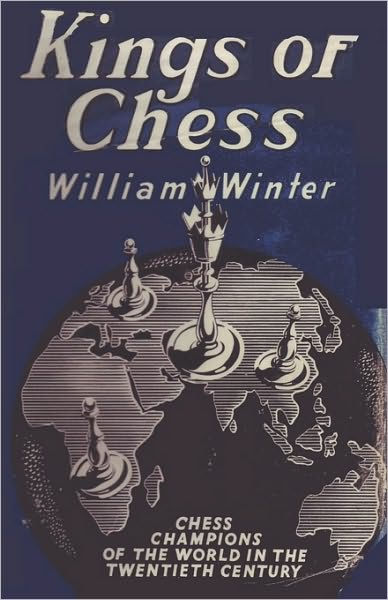
and was co-author with F. D. Yates of Modern Master Play,
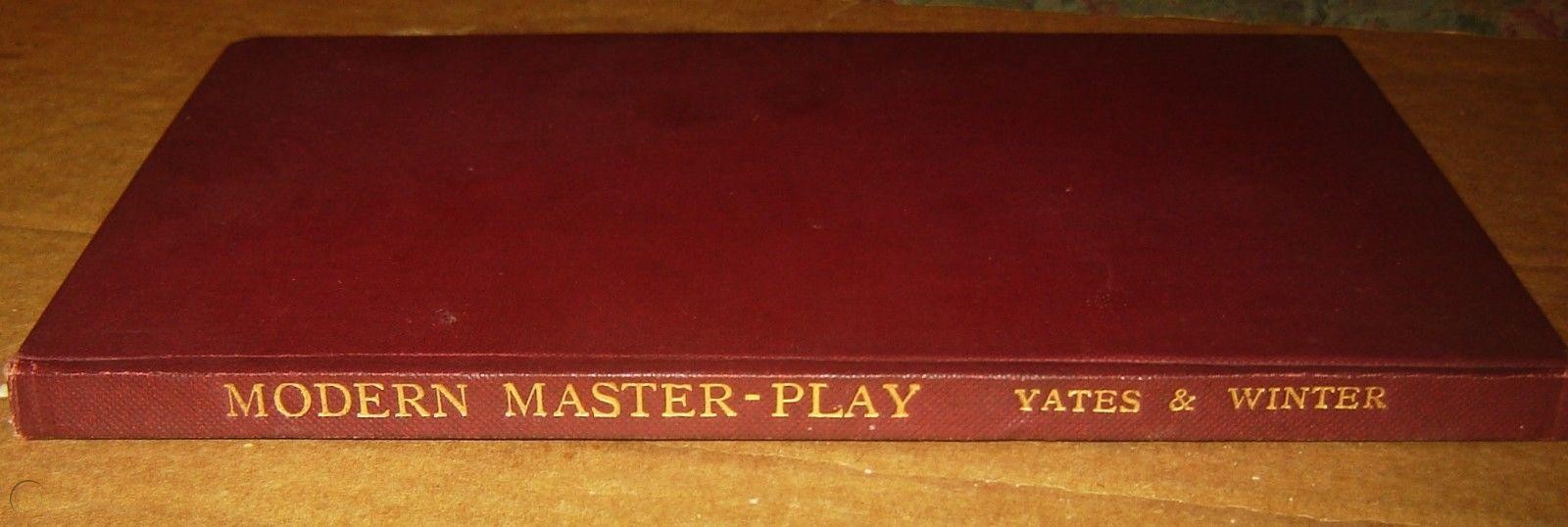
and with FD Yates of World Championship Candidates Tournament, 1953.
Winter never reached the very highest ranks as a player, although he won the British Championship twice and represented his country in four Chess Olympiads: Hamburg in 1930, Prague in 1931, Folkestone in 1933 and Warsaw in 1935. In the Great Britain v. U.S.S.R. radio match in 1946 he defeated Bronstein in the first round and then characteristically went out and celebrated his victory in such a way that his defeat in the return round was inevitable.
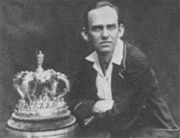
Although he achieved no great successes in international tournaments, in individual games he beat many of the world’s leading players, including Nimzowitsch and Vidmar, and had draws against Capablanca and Botvinnik among others.
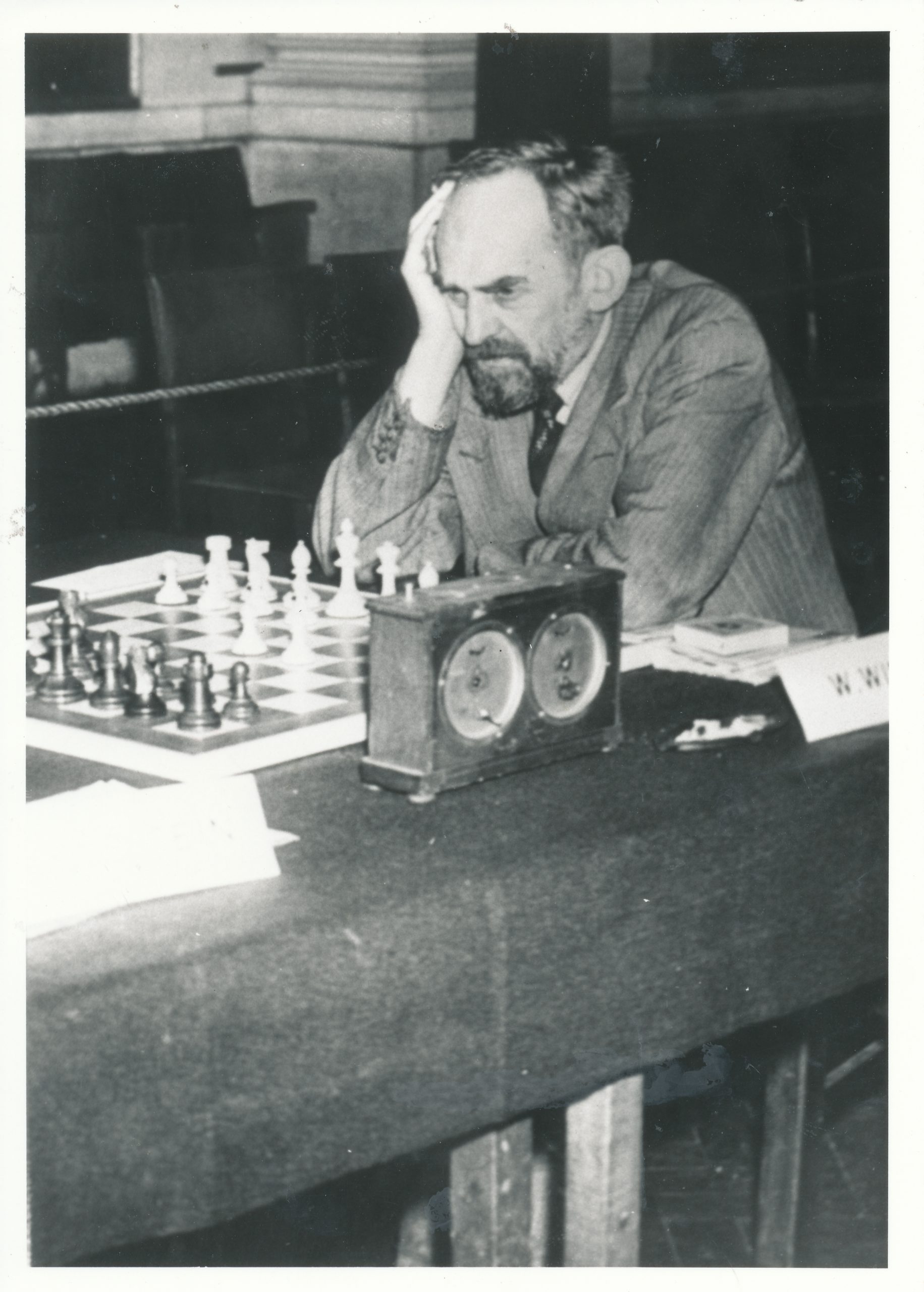
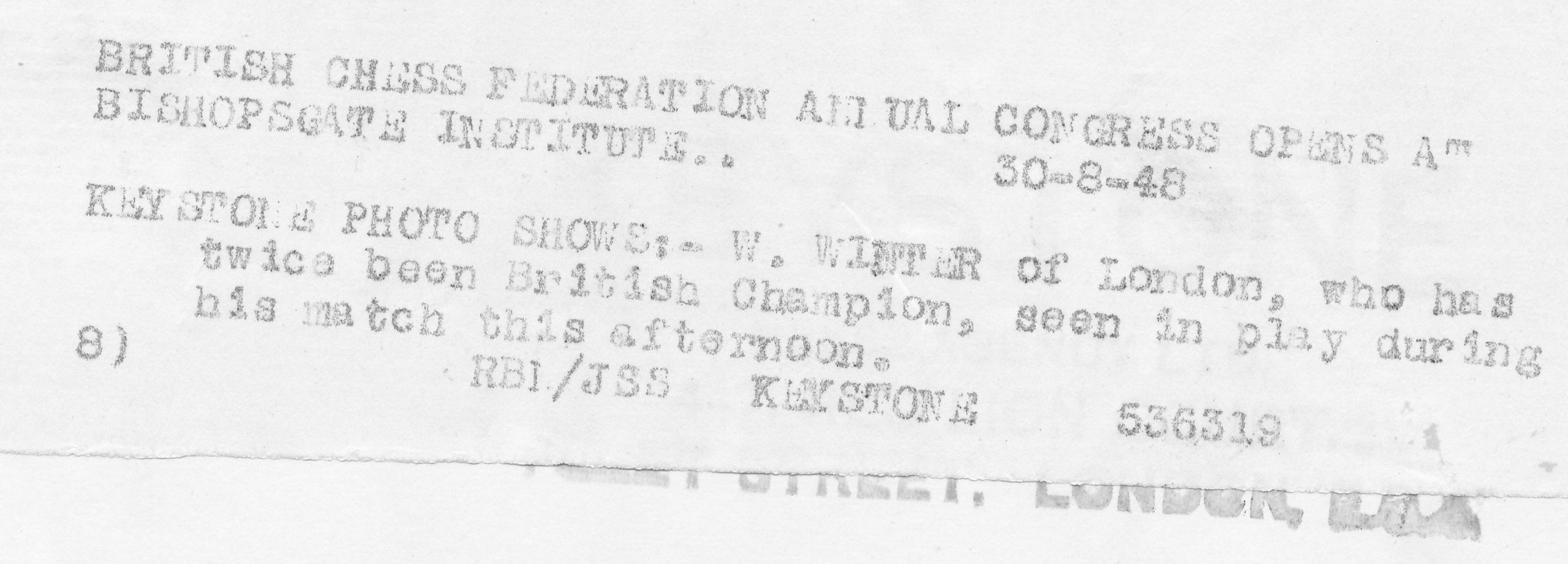
He died of tuberculosis in London in December 1955, after refusing to go into a sanatorium.”
In Kings, Commoners and Knaves, (Russell Enterprises, 1999), page 393 Winter quotes Winter (!) from Chess Masterpieces (Marshall) as follows:
I consider [Winter v Vidmar, London, 1927] to be my best game partly on account of the eminence of my opponent and partly because of the importance of the occasion on which it was played, and also because on three occasions in which the situation was extremely complicated. I was fortunate enough to discover the only continuation which not only was necessary to secure victory, but to actually save the game
Here is that game:
From The Anglo-Soviet Radio Chess Match by Klein and Winter :
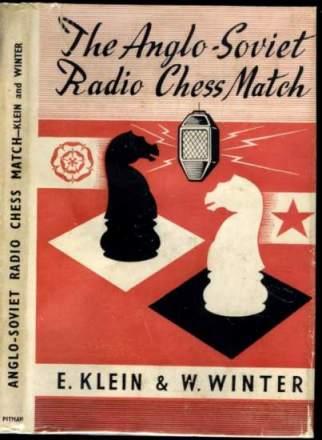
“W. Winter was born in 1899 in Hampshire. A Cambridge graduate in Law, he devoted himself eventually entirely to chess and is the only Englishman who, despite all vicissitudes, has faithfully remained a professional. After winning the Cambridge University Championship in 1921 he competed in a number of international tournaments. His outstanding performance was in the tournament in Scarborough 1928, which he won. He won the British Championship in 1935 and 1936, and has represented his country on four occasions in international team tournaments. In Hamburg, 1930, he was undefeated.
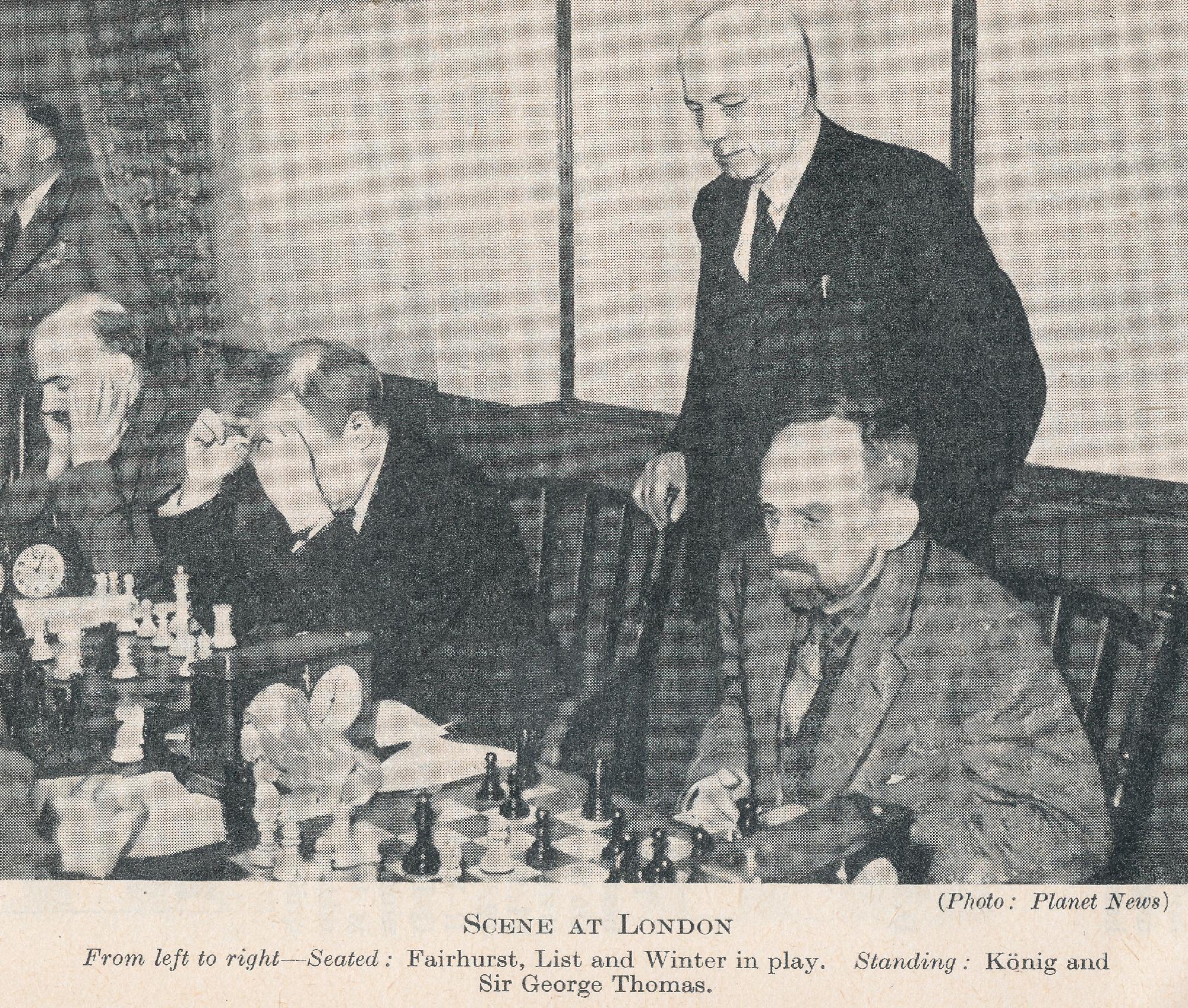
His literary activities include Chess for Match Players and The Alekhine-Capablanca World Title Match, 1927. He edits the chess column in the Soviet Weekly.
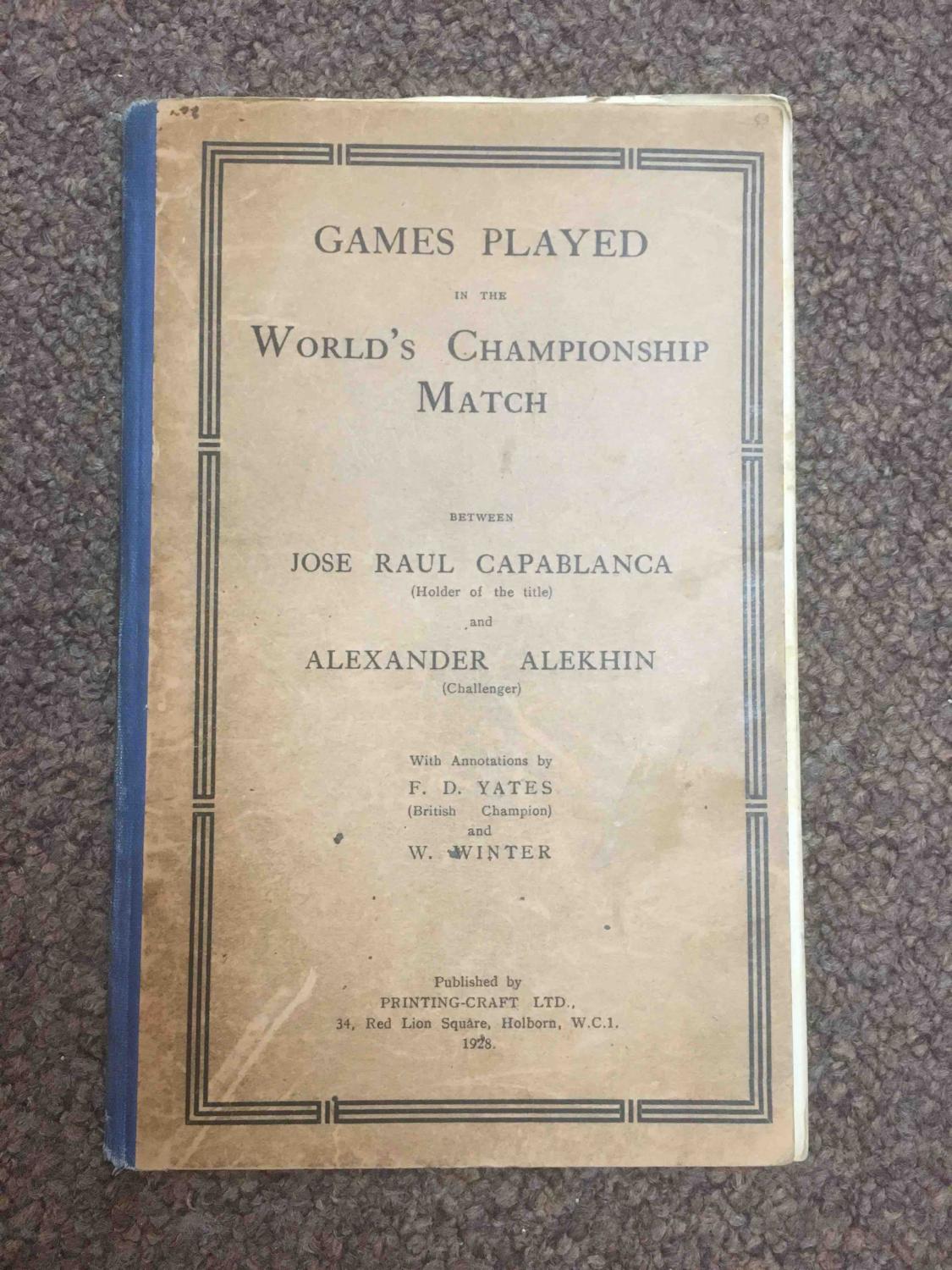
His chess record is erratic and does not reflect his true ability. He is capable of some of the finest chess, but often plays too impulsively. His greatest strength lies in King’s side attacks. which he handles with skill and accomplishment.”
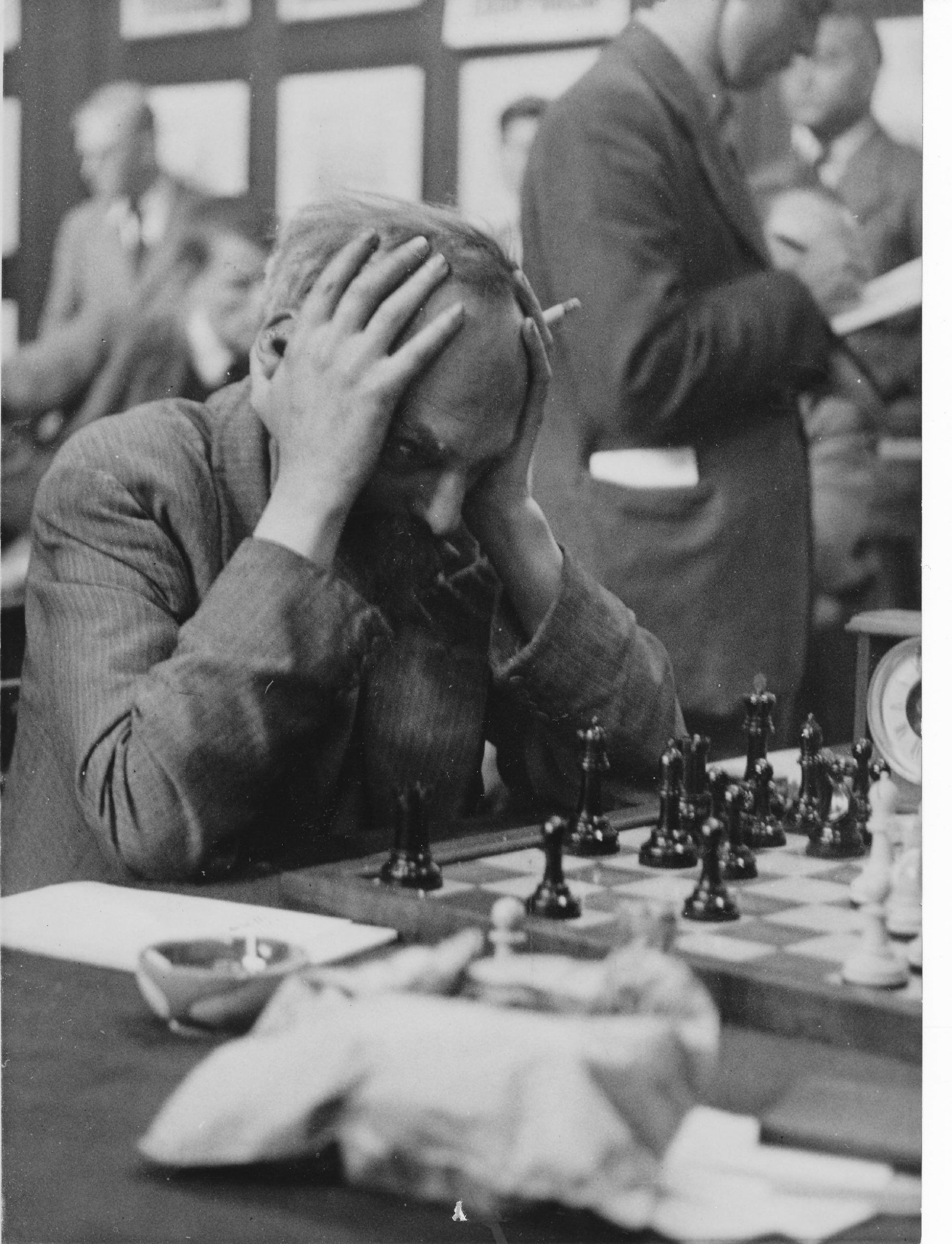
From the Preface of The World Chess Championship : 1951 by Lionel Sharples Penrose we have :
“Mr. Winter’s chess career has been a long one and he occupies an extremely high position among British players. He has been British Champion twice, in 1935 and 1936. Among other notable successes was his first place in the Scarborough International Tournament in 1928. He defeated Nimzovich in the London Tournament in 1927. Against the present world championship contenders he has a very fine score, a draw against Botvinnik at Nottingham in 1936 and a win and a loss against Bronstein in the Radio Match, Great Britain v U.S.S.R. in 1946. Mr. Winter is a specialist in writing about the art of chess, and players throughout the country owe a great deal to his deep and logical expositions.”
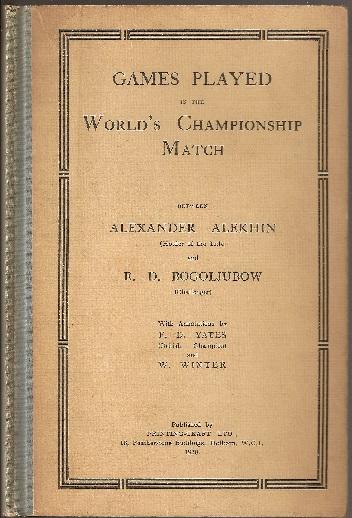
From The Encyclopedia of Chess (BT Batsford, 1977) Edited by Harry Golombek :
International Master and twice British Champion (1935 and 1936), Winter was an excellent illustration of Réti’s thesis that players tend to be opposite over the board to their character in real life. Over the board he was classical, scientific and sober; away from the board he was revolutionary, moved by his emotions (he contrived to be both a fervent Communist and a staunch patriot), and more often than not, drunk.
His university career, where he read law, coincided with the First World War and, after a brief interruption for military service he returned to Cambridge where in 1919 he became university champion and defeated R. H. V. Scott (a strong player who won the British Championship in 1920) in a match by 4-2. On the strength of this he was invited to play in the Hastings Victory tournament of 1919 where, however, he did badly, coming 11th out of 12.
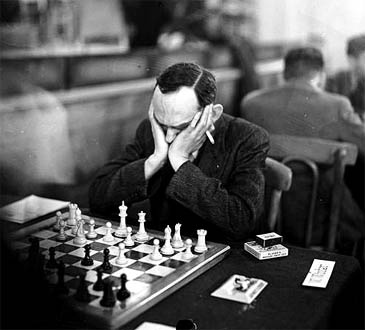
After an interval during which he fervently pursued a political career to such an extent as to incur a six-months prison sentence for sedition (Winter always denied the sedition and said that the charge was trumped-up one), he took up the career of chess professional. The life suited him since it enabled him to lead the kind of Bohemian existence that pleased his artistic temperament. It should be mentioned that he was a nephew of Sir James Barrie and would have fitted in well on one of his uncle’s plays.
As a player he was eminently sound and, being an apostle of Tarrasch, a fine clear strategist. But he was lacking in tactical ability and his poor health and his way of life interfered with his consistency and impaired his stamina. But he had a number of fine victories over great players (Bronstein, Nimzowitsch and Vidmar for example).
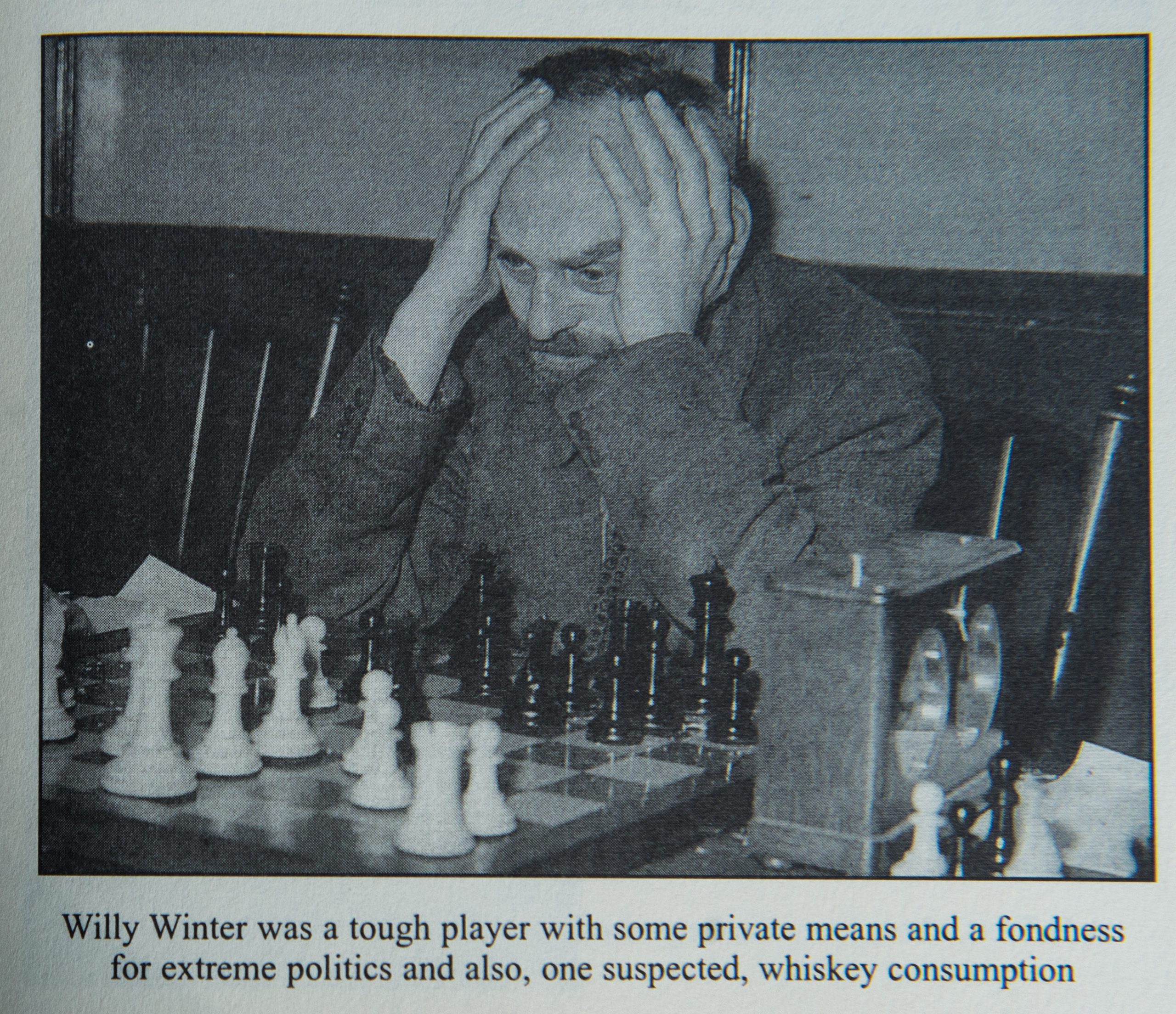
He played in four Olympiads: Hamburg 1930 (scoring 76.7% on 4th board), Prague 1931 (58.8% on 4th board), Folkestone 1933 (59.1% on 3rd board) and Warsaw 1935 (41.7% on 1st board). He was selected to play at Stockholm in 1937 but, having “lost” his passport three times. he was refused a fresh one by the authorities.
His best international individual results were =6th at London 1927, and =5th at Lodz 1935.
His career as a chess journalist (he wrote for the Manchester Guardian following FD Yates and the Daily Worker) was somewhat impeded and spoilt by his Bohemian ways, be he wrote some excellent works on chess : Chess for Match Players, London, 1936″
Winter was a popular subject for his Swiss namesake, Edward Winter and there are several mentions in his excellent books.
In Chess Facts and Fables (McFarland, 2006) we have Chess Note 2819, page 71 which shows a photograph (from CHESS, November 1935) taken in Poland of Winter and Max Krauser, Heavyweight wrestling Champion of Europe. Quite what the occasion we are not told.
Here is an excellent article (as you’d expect) from Edward Winter
Apart from all of the contributions above possibly the most comprehensive comes from FM Steve Giddins writing in three parts in British Chess Magazine, during 2006 and 2007 :
Postscript: Since our article was published we were contacted by Steve Giddins who informed us that he owned the copyright to the articles (rather than the publisher BCM) and that he did not wish us to make them available via this article.
In the “Mid-October” issue of CHESS for 1962, (Volume 27, Number 418) we had the following announcement:
Edited by David Hooper, will be serialised in CHESS commencing with our next number. Nephew of Sir James Barrie, twice British Chess Champion, a lifelong Communist and freethinker, imprisoned for his political views, “Willie Winter”, with his Bohemian way of life, was undoubtedly the most colourful figure in British Chess for many decades irrespective of whether you agree with his views (most readers may not!), you will find him a delightful writer whose gifted pen draws you engrossed from page to Page.
And so, for your delectation, here are William Winter’s Memoirs.
Here is a facsimile of the front cover of Arthur Hill’s version of the above:

Happy Birthday Wishes to IM Brandon Clarke born on this day (December 14th), 1995. “Earth Song” by Michael Jackson was the UK Number One single.
Brandon George I Clarke was born in Leicester and now resides in Woodstock, Oxfordshire. He was a chess scholar at Wellington College, Berkshire and studied accounting at BPP. Upon leaving Wellington he relocated to California and became a chess coach in Orange County. A further relocation to Sydney, Australia allowed Brandon to become a coach at the Sydney Academy of Chess.
His personal web site is https://www.brandonclarke.co.uk/
His chess career started modestly but progress rapidly accelerated.
In the 2003 London Junior Championships he was =13 with 4/7
In July 2004 he secured his first published standard play grading of 84D and 62D for rapid play. His first recorded rapid play tournament was on the 4th of October 2003 being the Mini Squad Under 8s. In this event he beat a certain Jamie Horton who had a grading of 45D at the time.
In 2006 Brandon won outright the London Under 12 title with 7.5/9. Marcus Harvey was a runner-up. This situation was repeated one year later.
In 2009 Brandon won the LJCC Under-16 title this time with Akash Jain as runner-up. His TPR for a score of 5/6 was 199.
2010 saw the sharing of the British Under-15 Championship with Gordon Scott in Canterbury.
Brandon was a chess scholar at Wellington College, Berkshire and was part of the strongest school / college team to play in the National Schools competition for many years that included James Holland, Felix Jose Ynojosa-Aponte, Alexander Galliano, Latefah Meesam-Sparkes, Akash Jain, Adrian Archer-Lock and latterly William Foo and Richard Zhu. Despite being easily the strongest team they were denied the title by the antiquated age handicapping rules.
In 2016 Brandon became a FIDE Master.

He became an International Master in early 2019 and plays much chess in Australia, New Zealand and England having lived in the USA for some time after leaving Wellington College.
Aged 24 Brandon has achieved his highest FIDE rating of 2445 and it shows every sign of increasing.
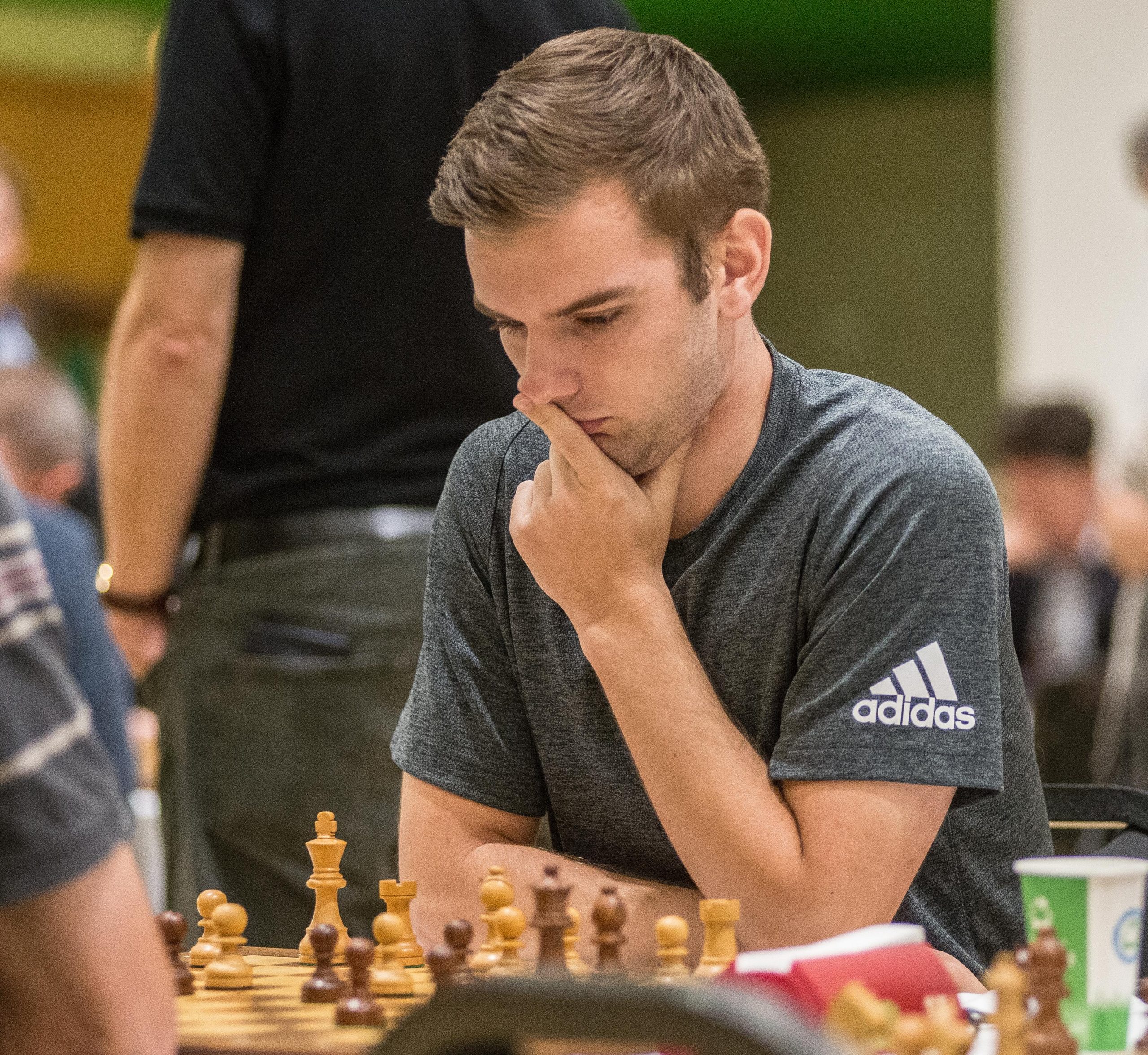
With the White pieces Brandon is almost exclusively an e4 player with occasional forays with the Queen’s pawn. Against the Najdorf he prefers 6.Bg5 and allows the Marshall against the Ruy Lopez.
As the second player he plays the Najdorf and the King’s Indian Defence most of the time.
Brandon has his own YouTube Channel.
On Chess.com he plays under the handle of Biranidun with a blitz rating of 2847.
In January 2019 Brandon scored a very impressive victory in the 126th (!) New Zealand Open. “The 2019 126th New Zealand Open is part of the 126th New Zealand Congress and is a 9-round Swiss event being held at the Waipuna Conference Centre in Auckland from 14-22 January 2019.”

Brandon made a welcome return to the UK and comfortably won the 2019 Major Open in Torquay with 8.5/9 as an IM.
Brandon plays for Australia Kangaroos in the Pro Chess League.
The ECF grading web site shows his only club to be Littlethorpe (in Leicestershire) although Brandon played for Warwickshire Select in the Four Nations Chess League (4NCL).
